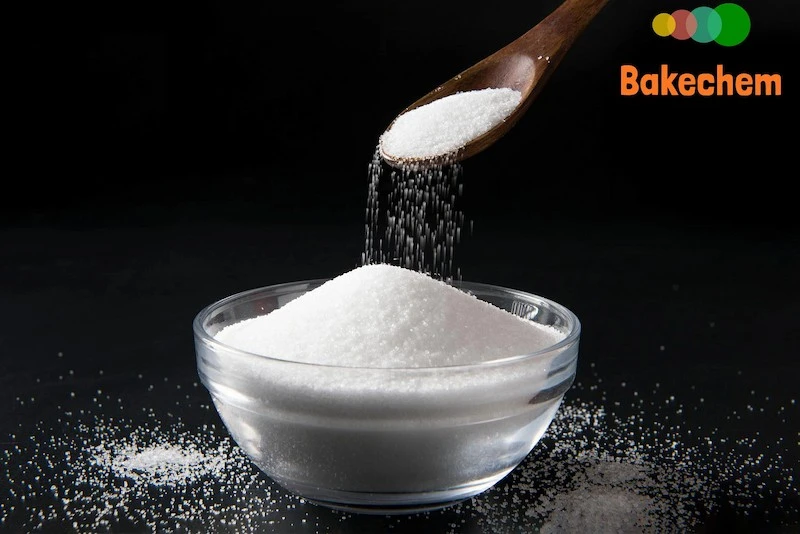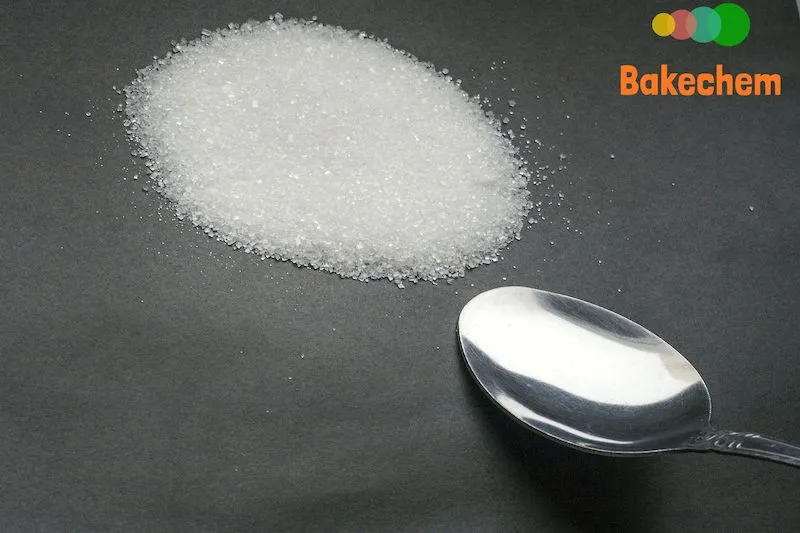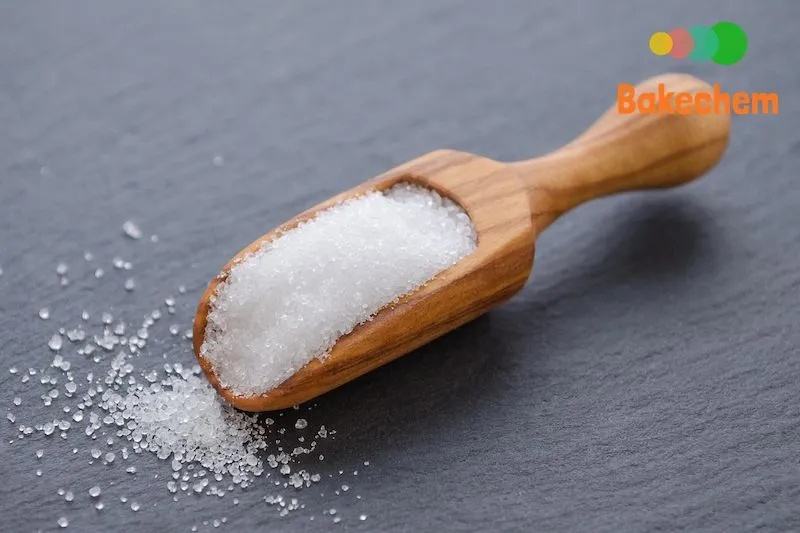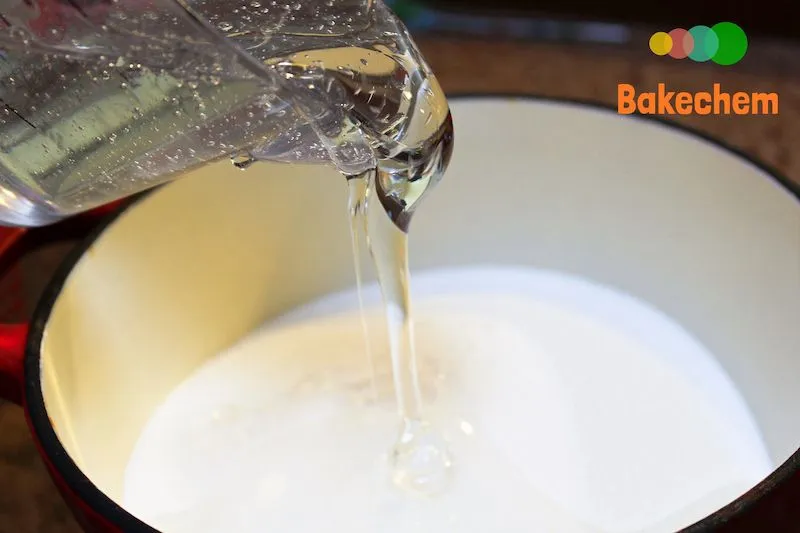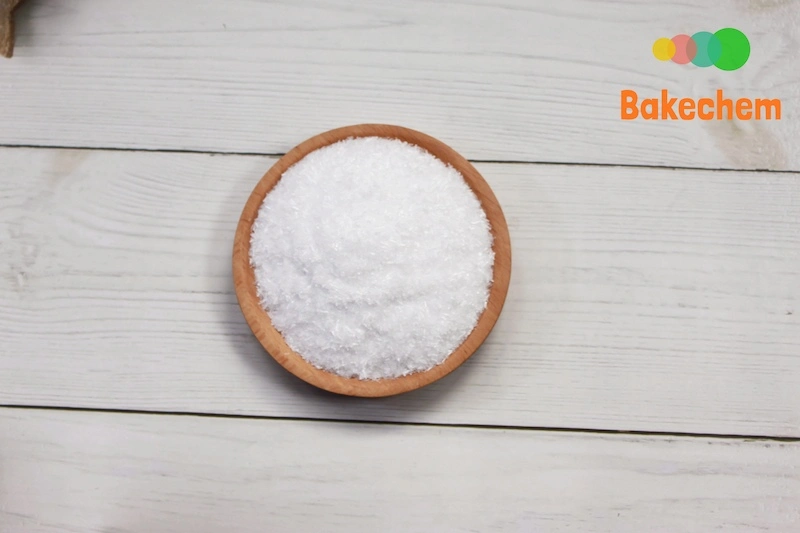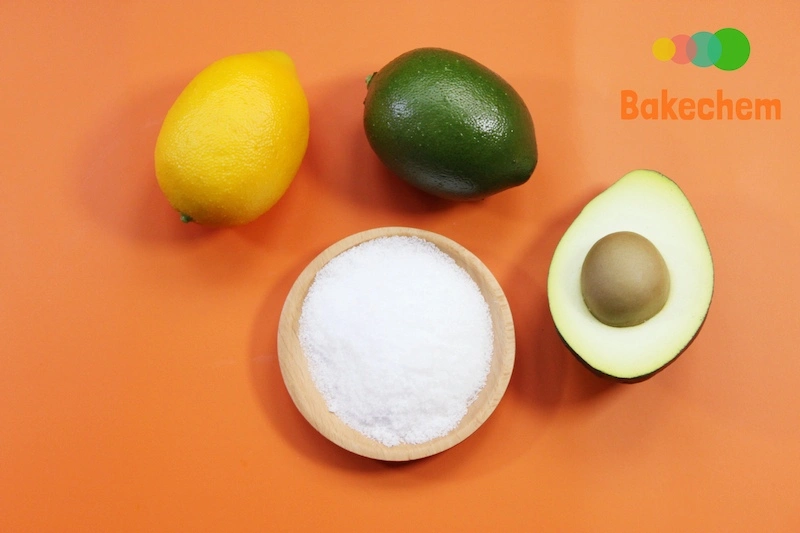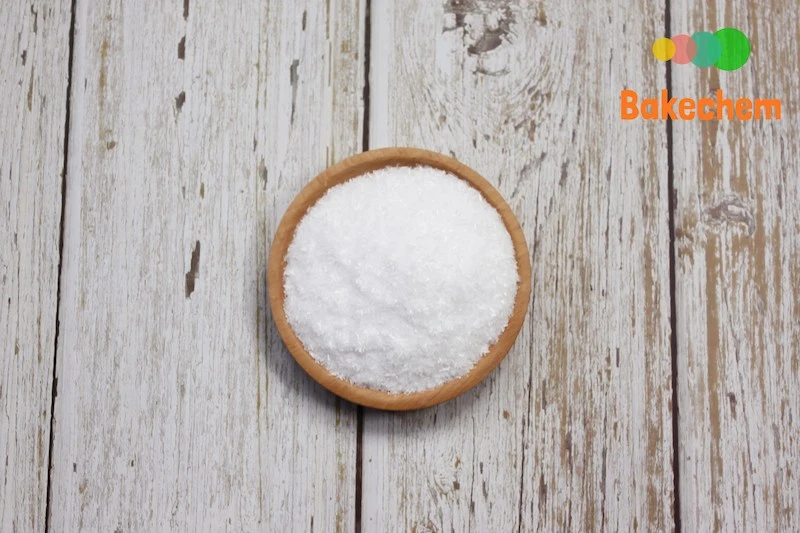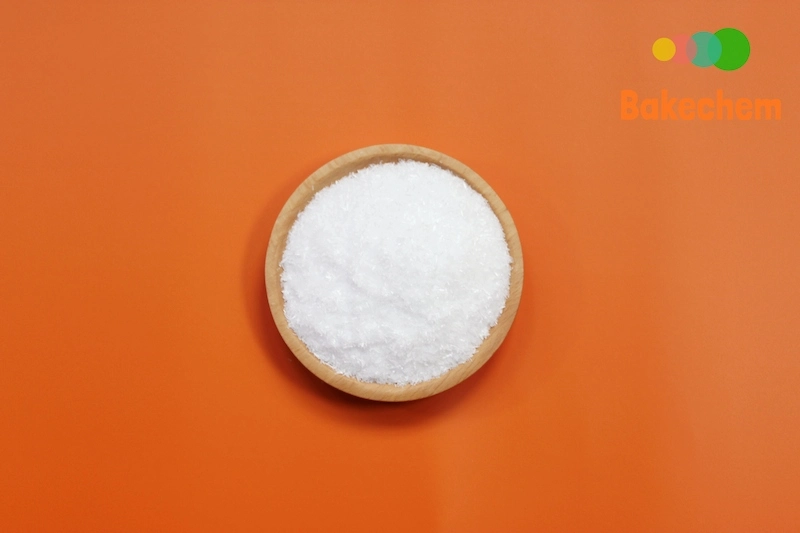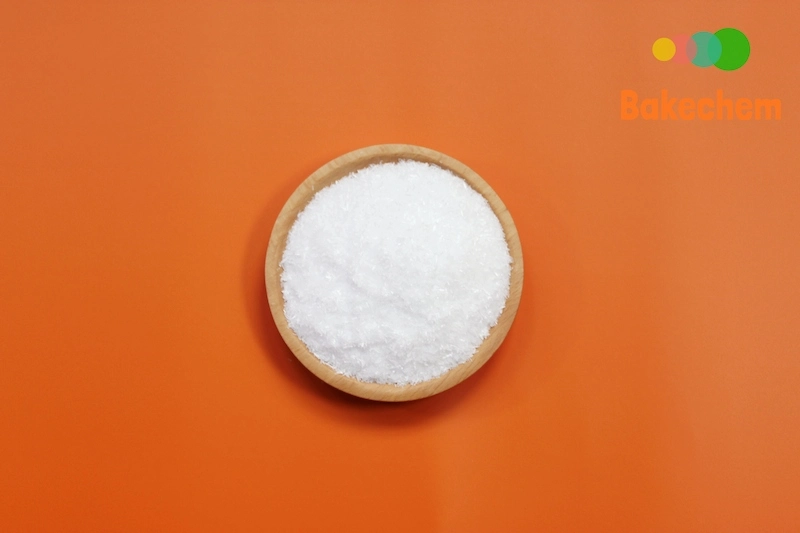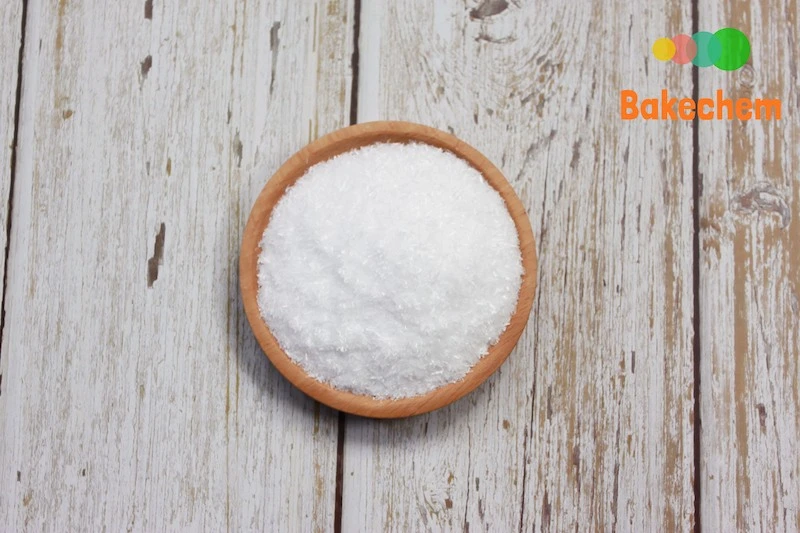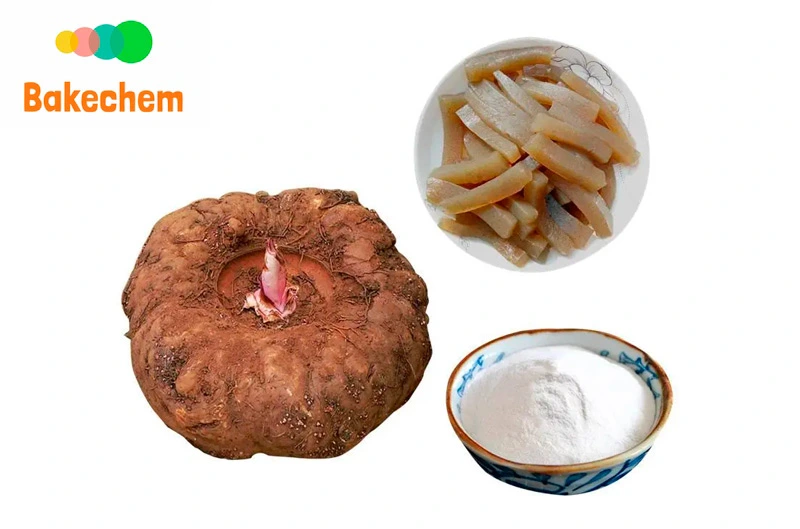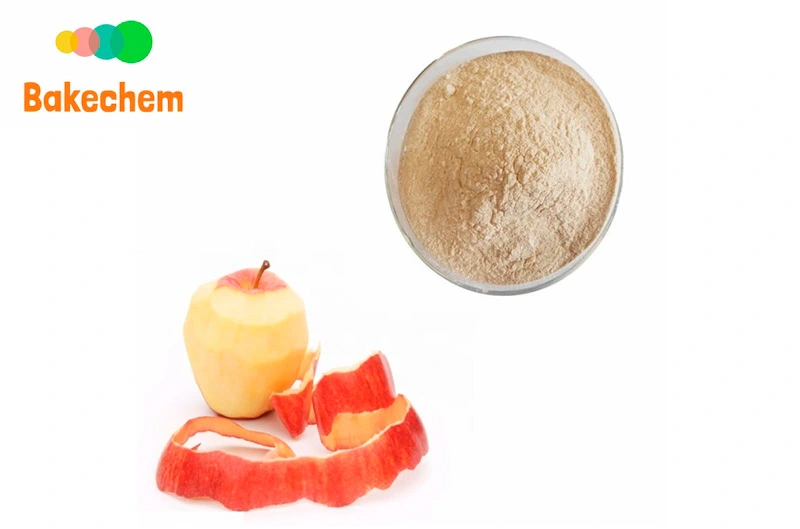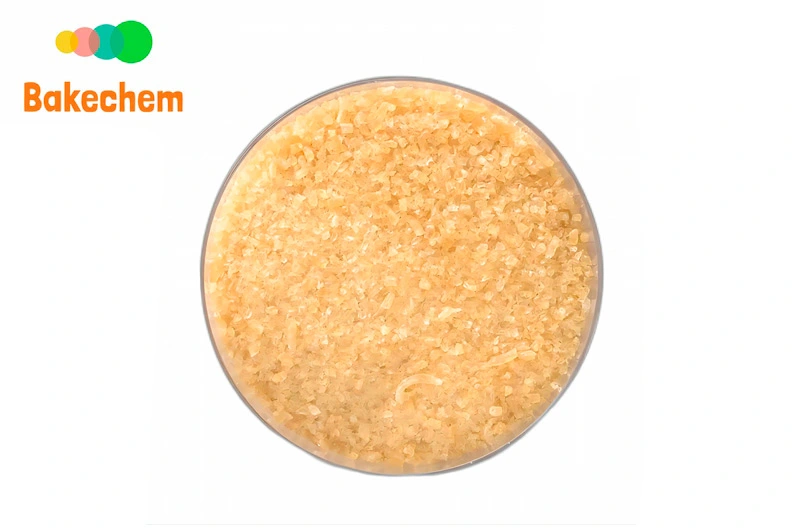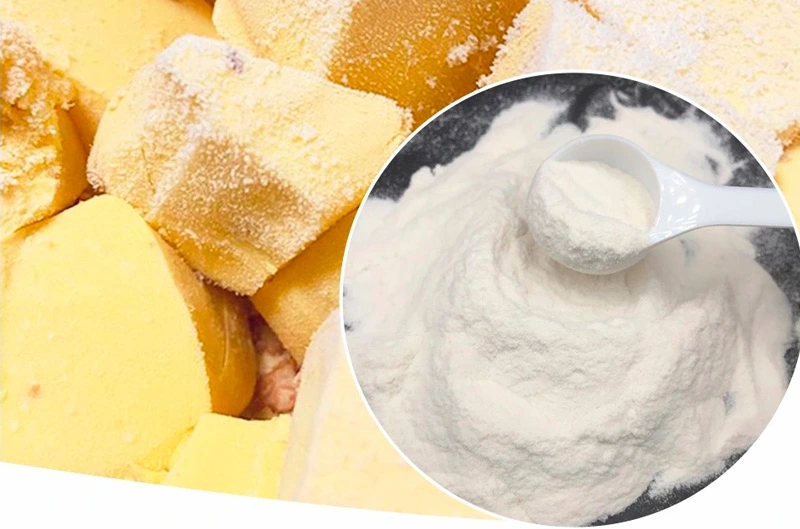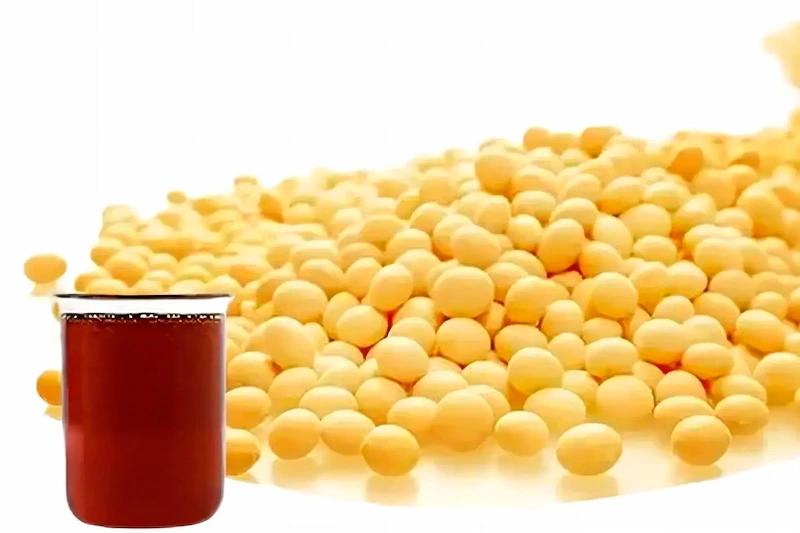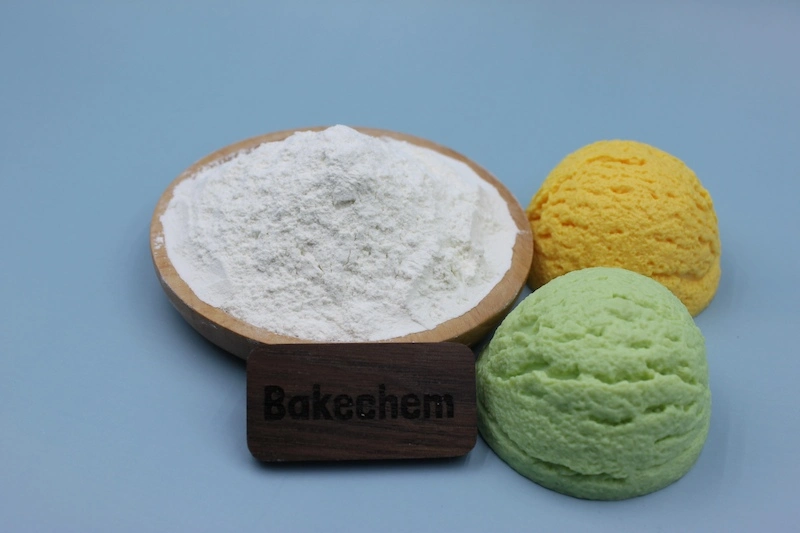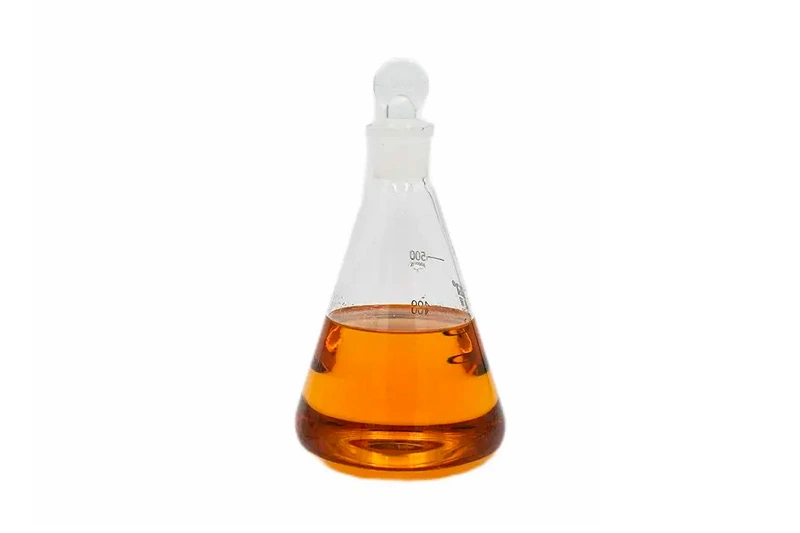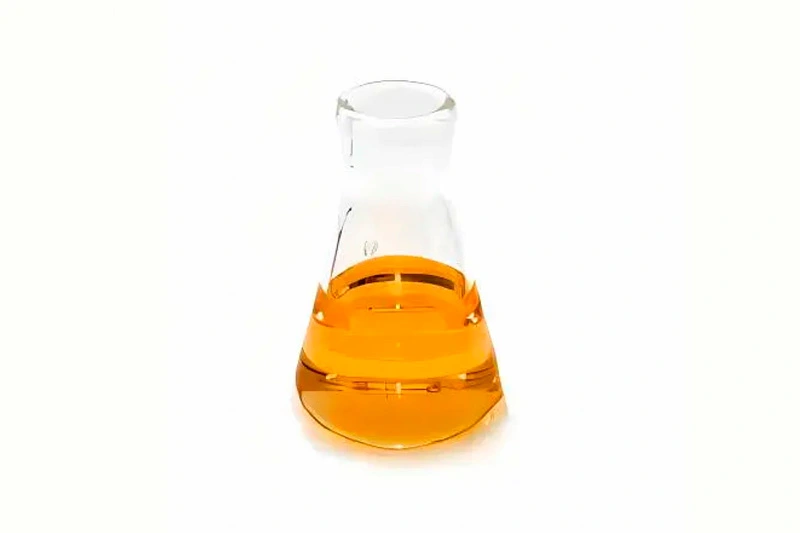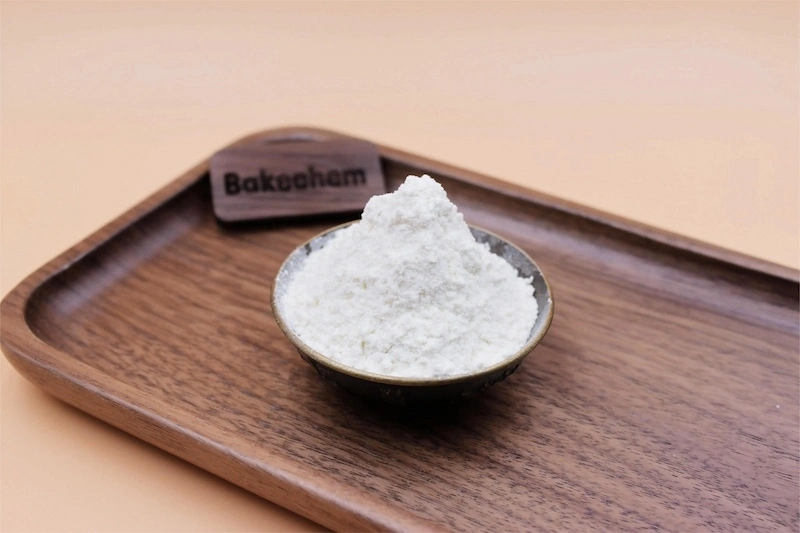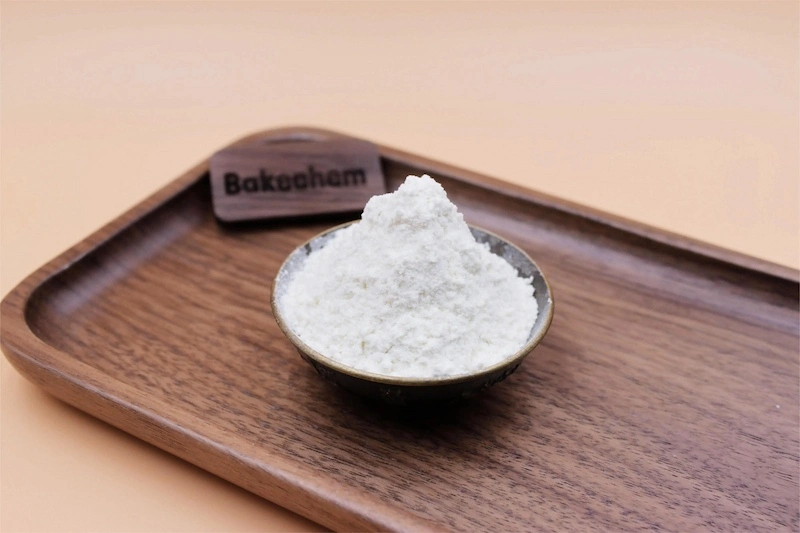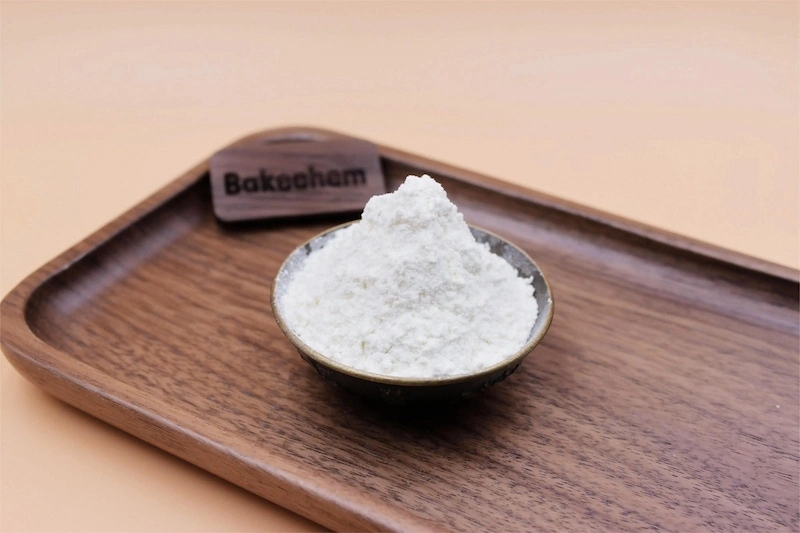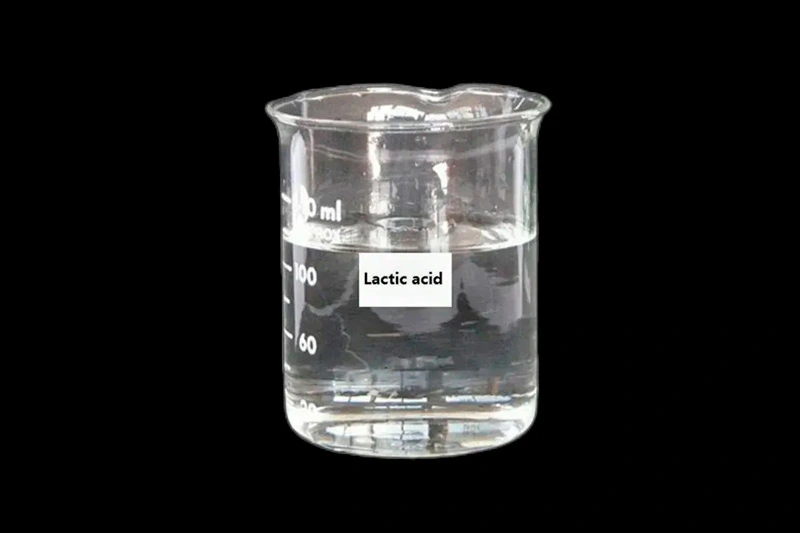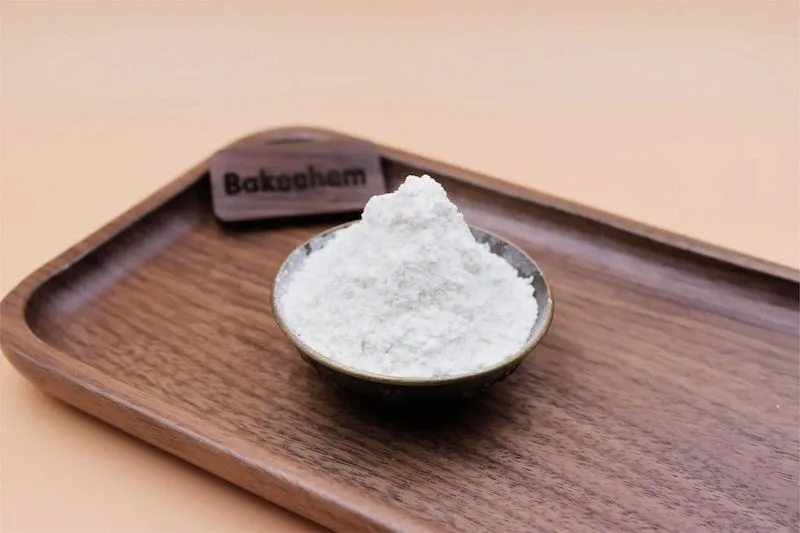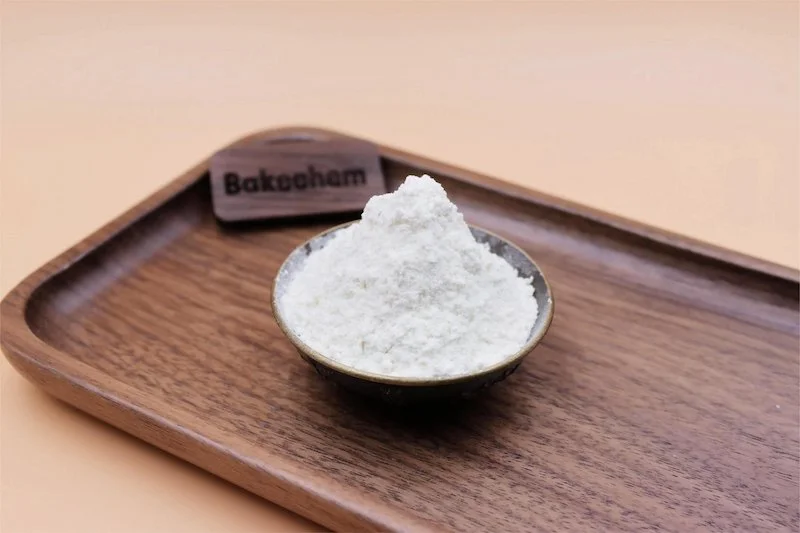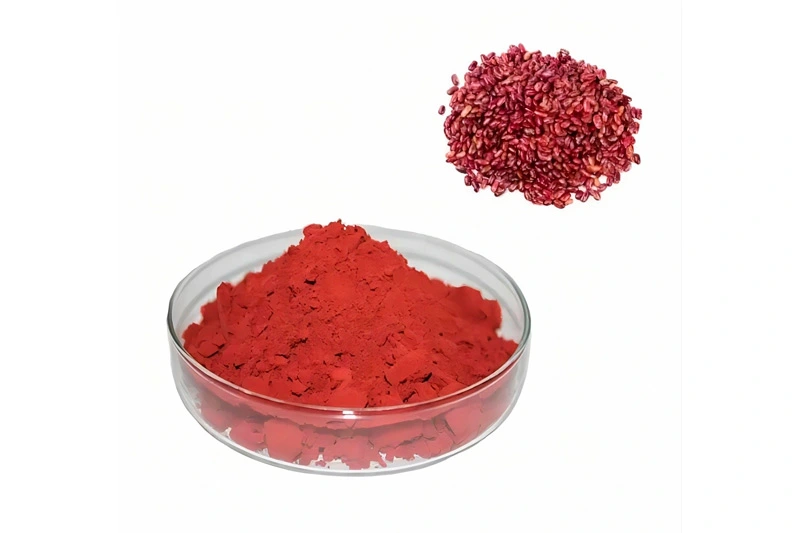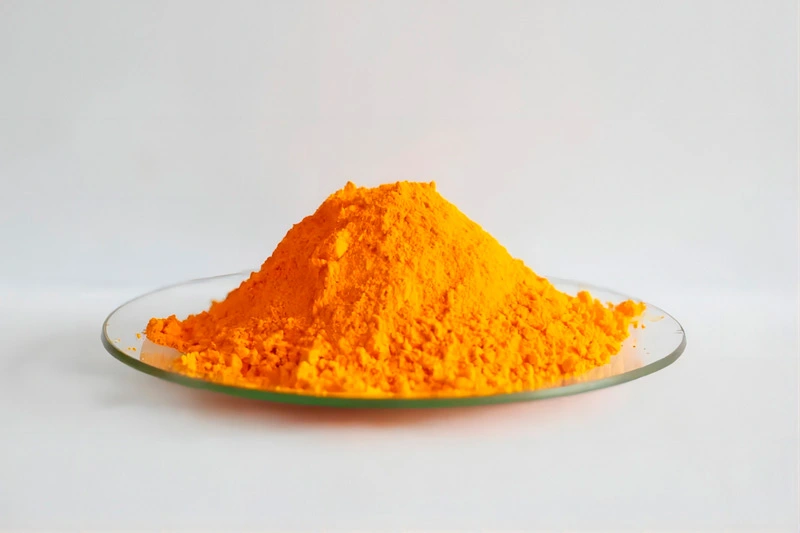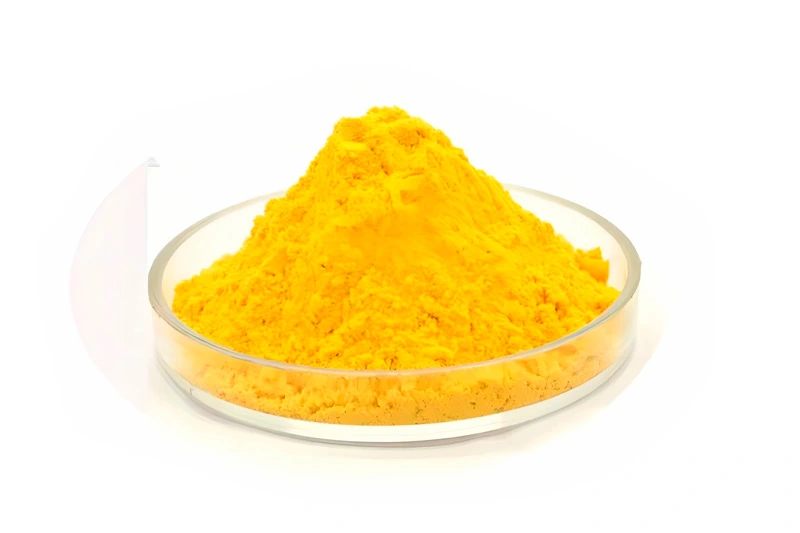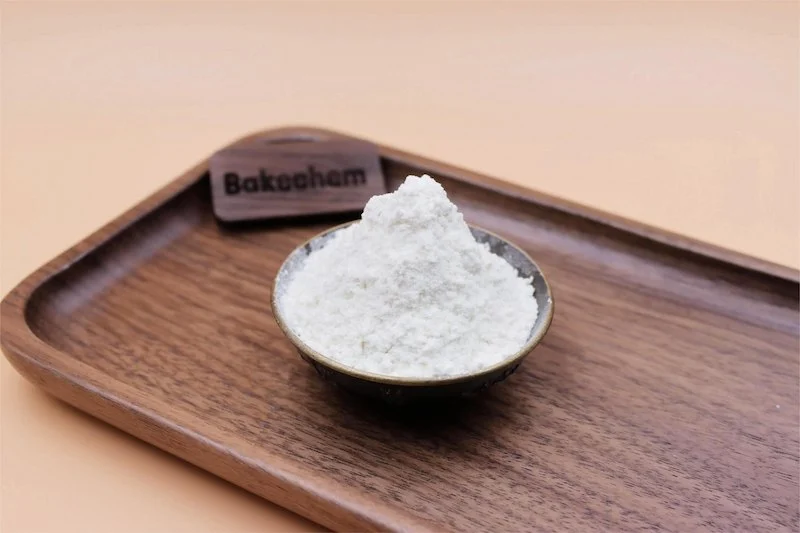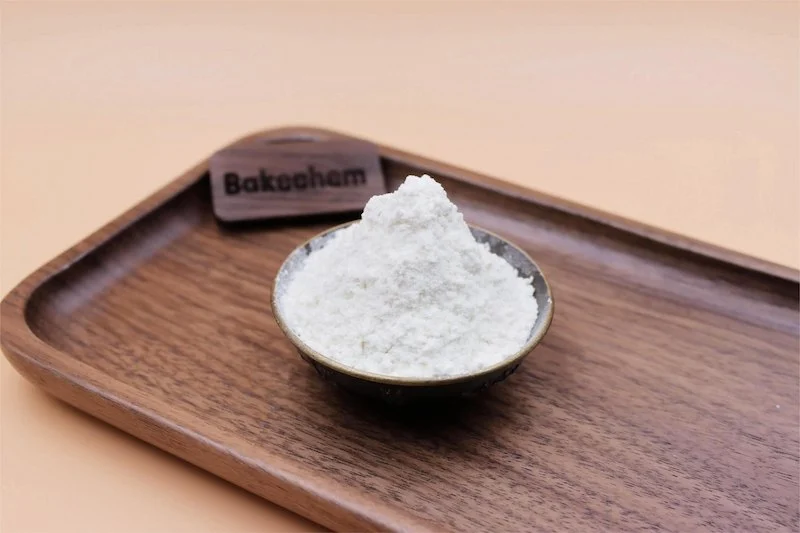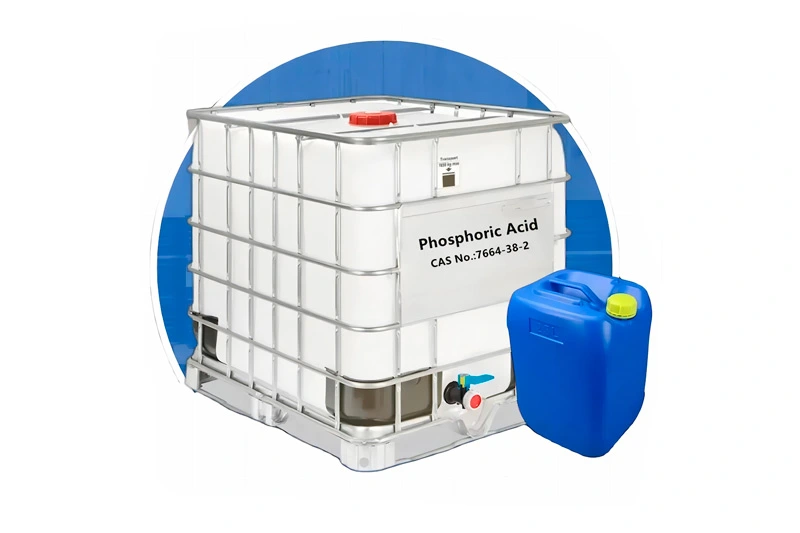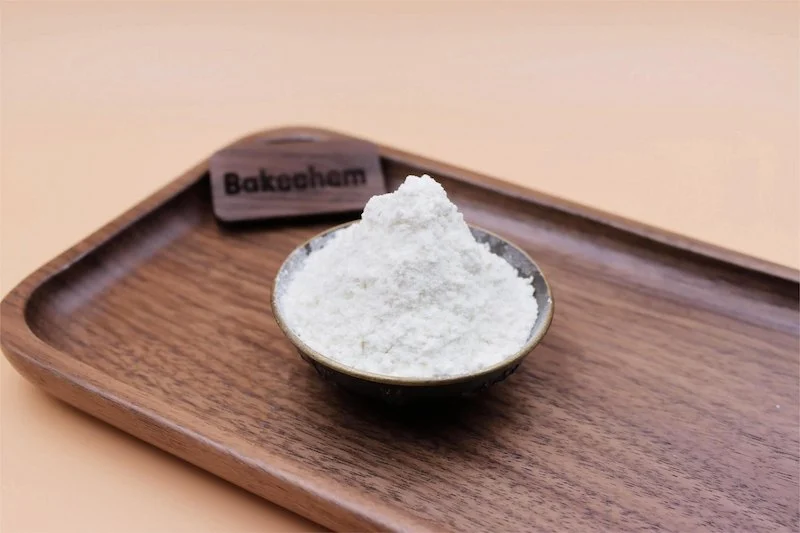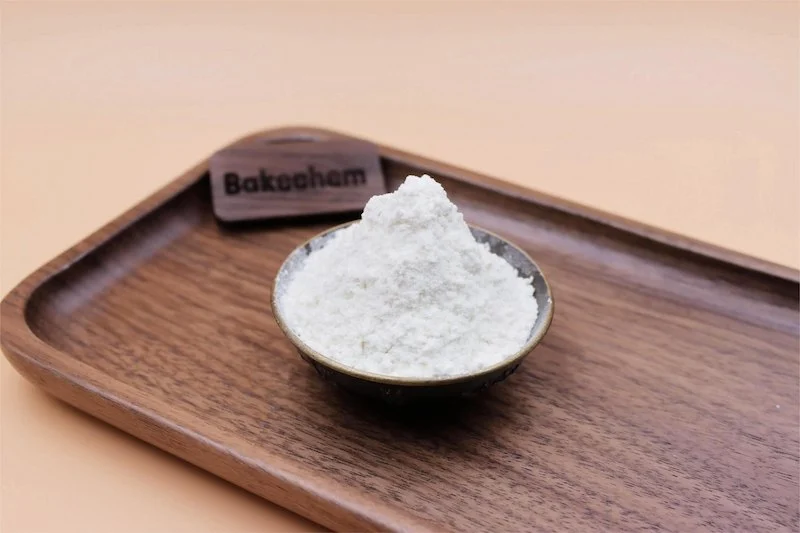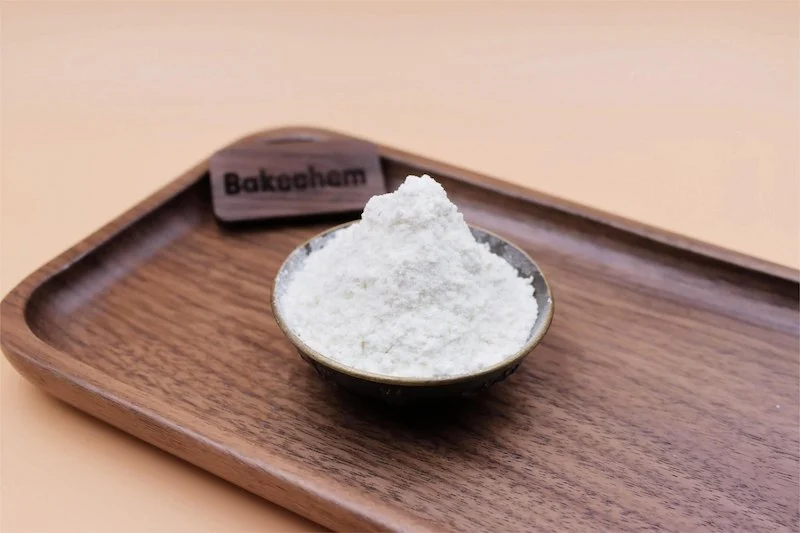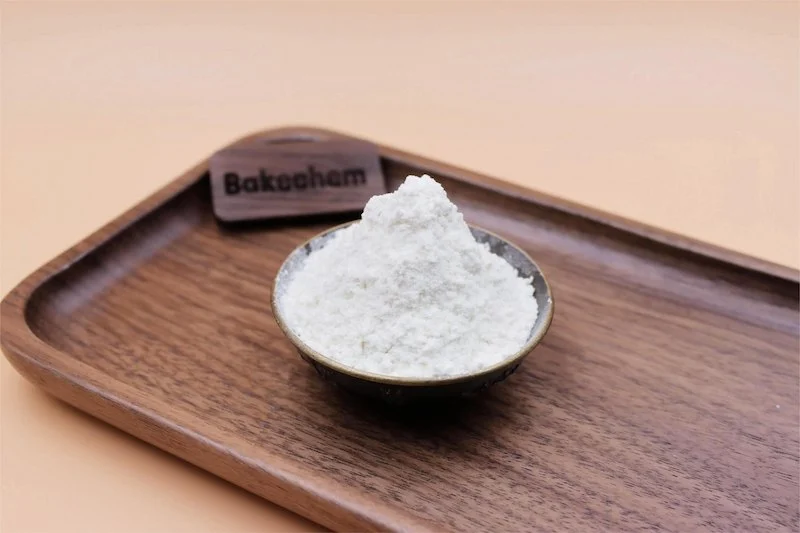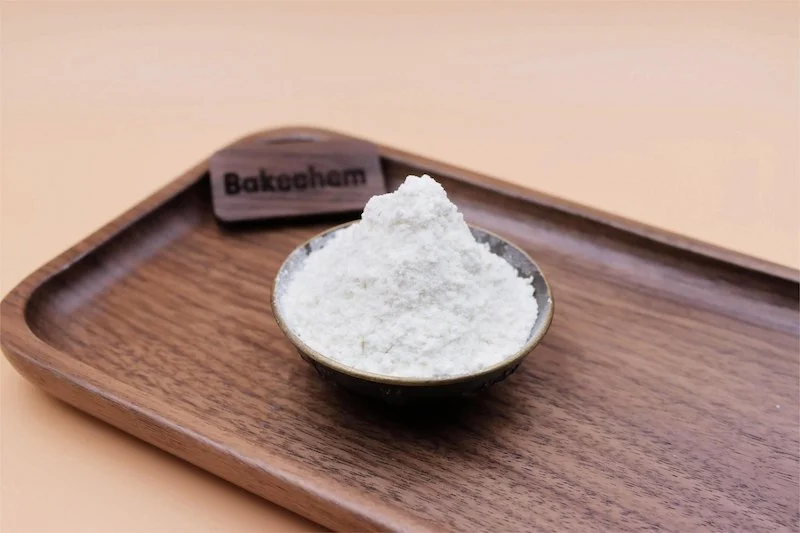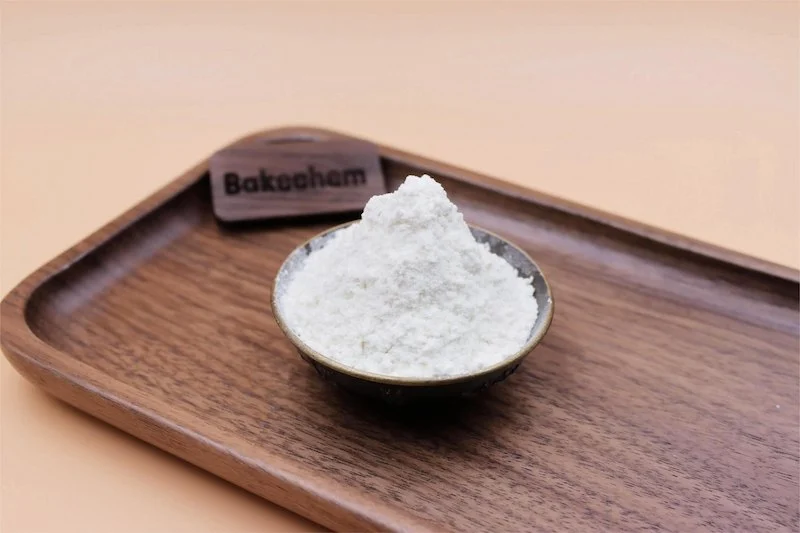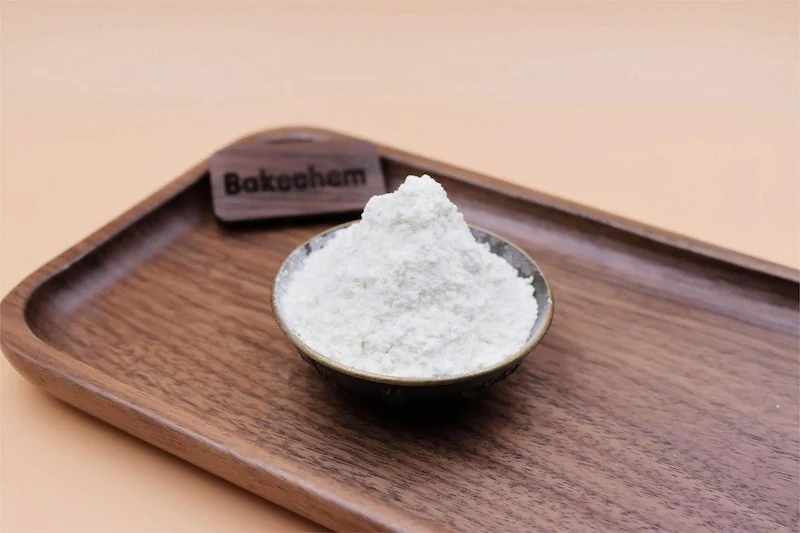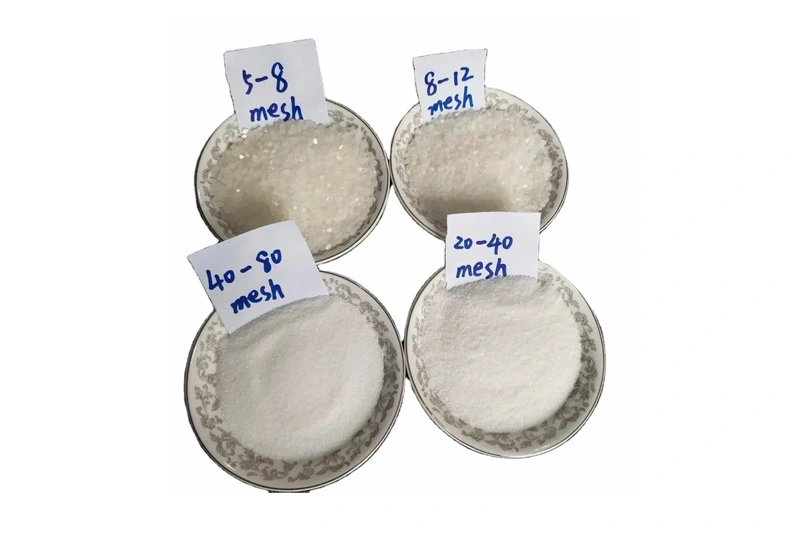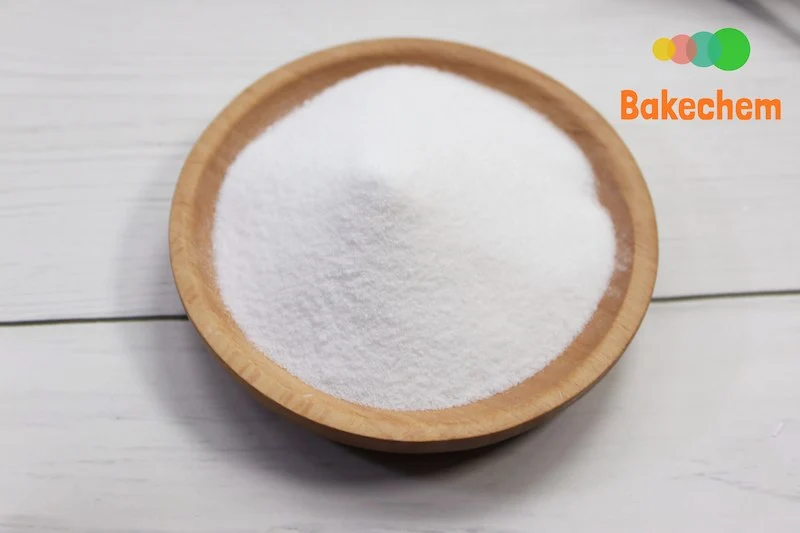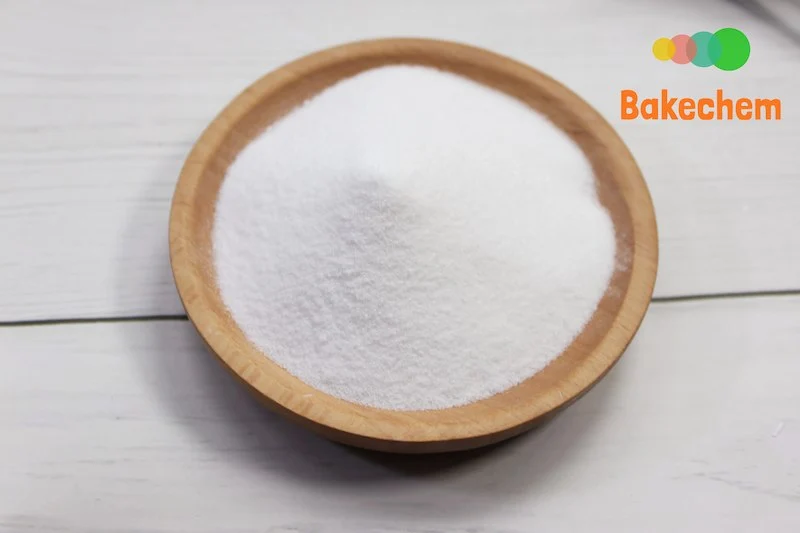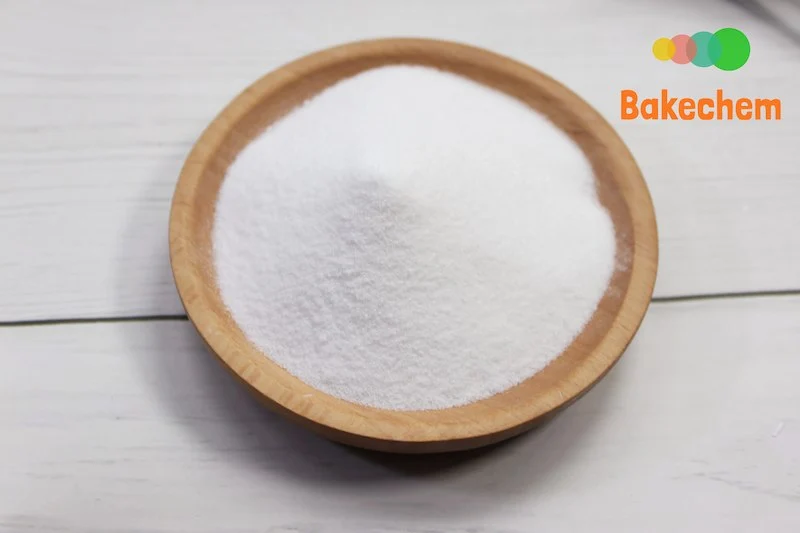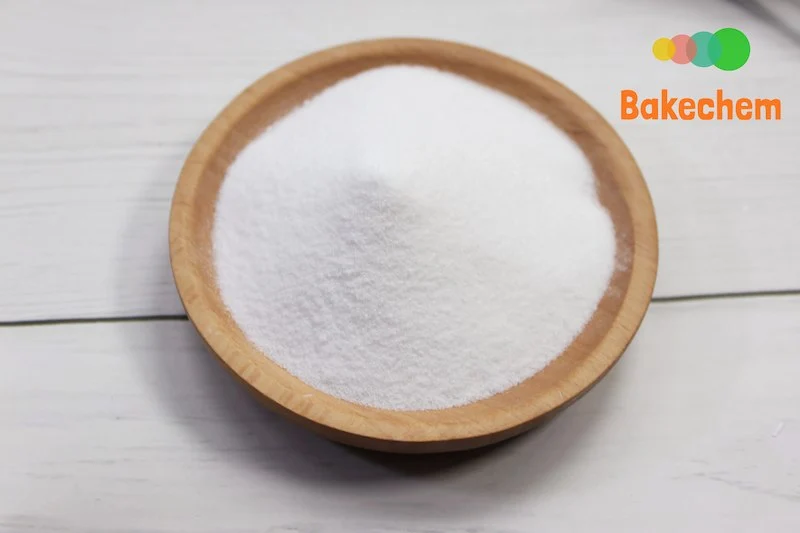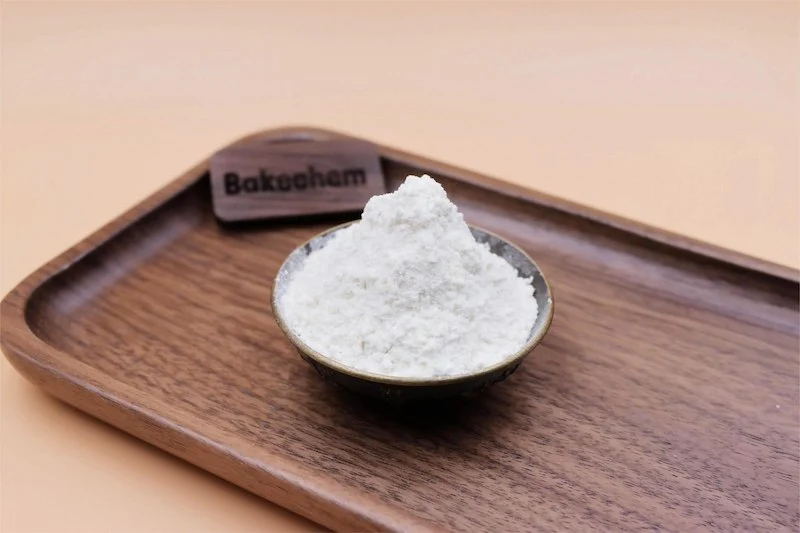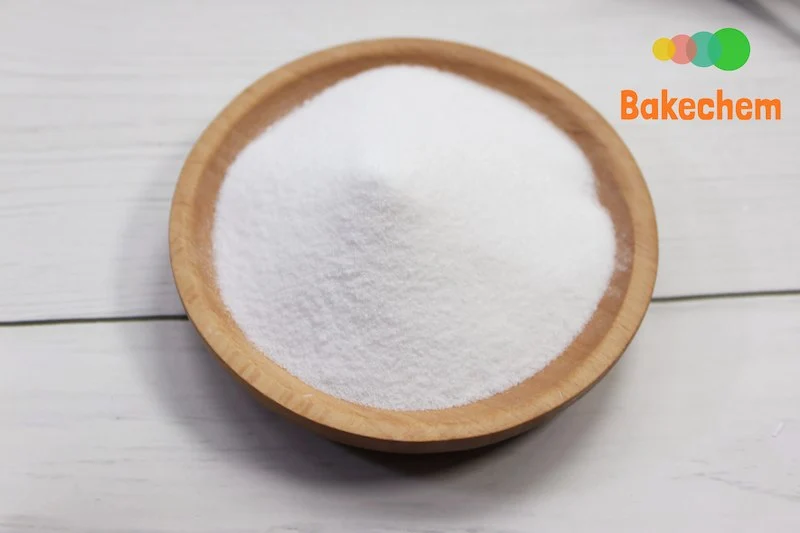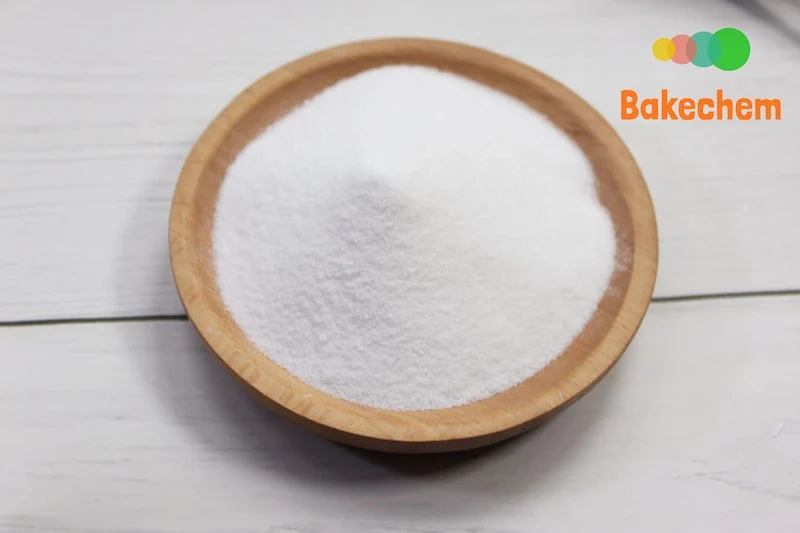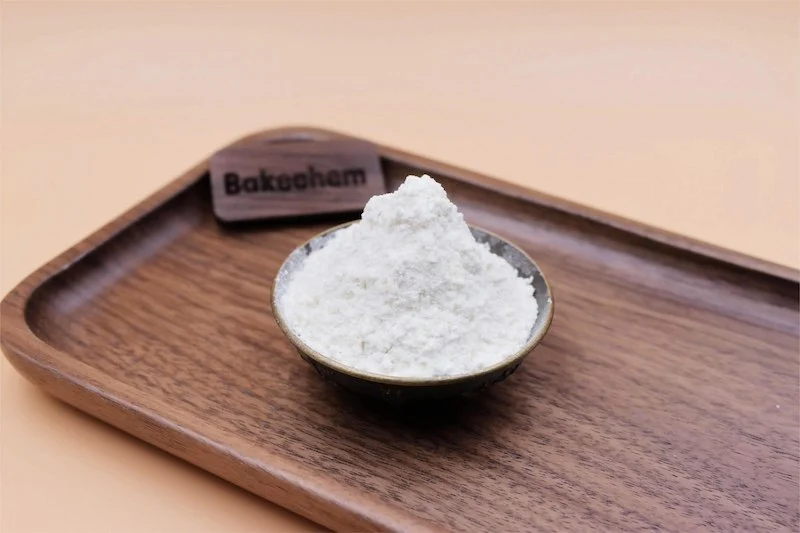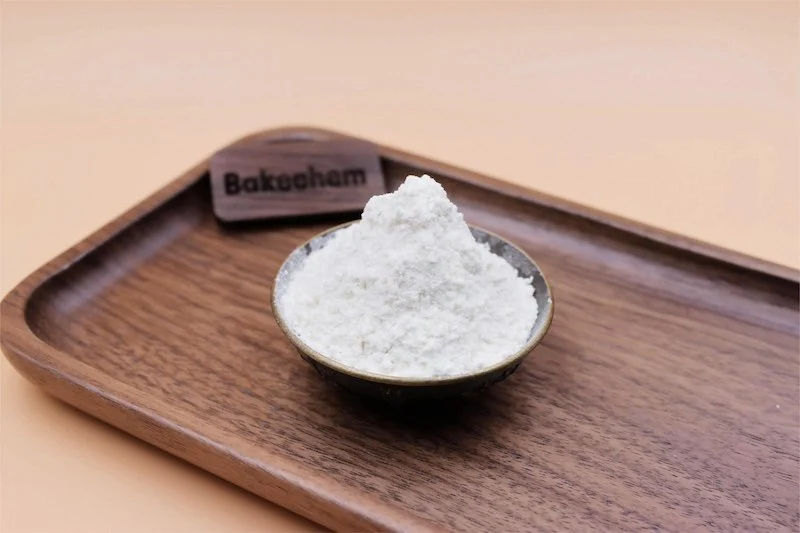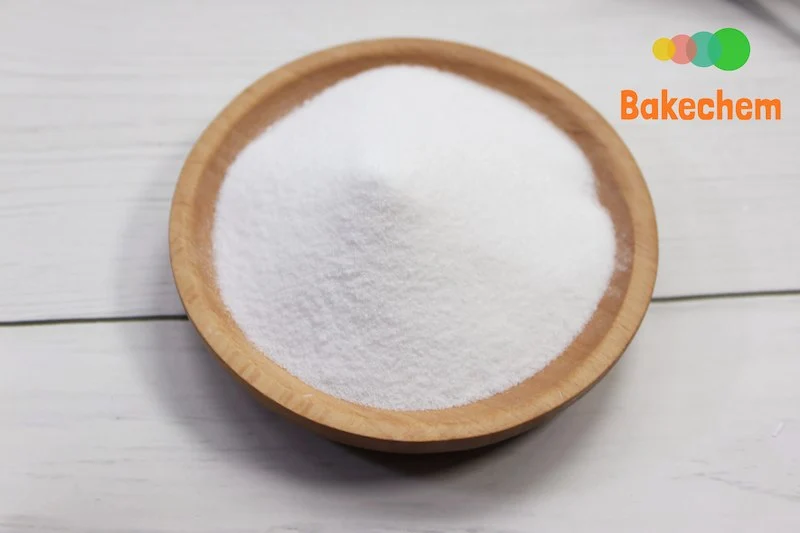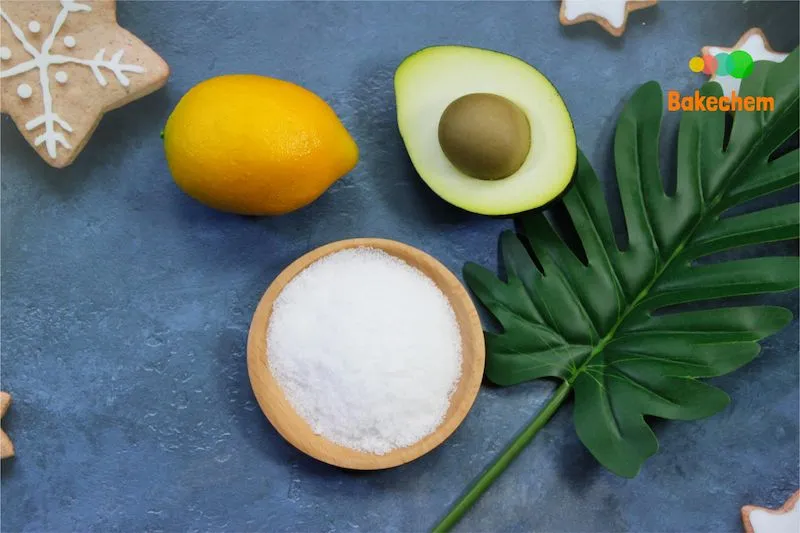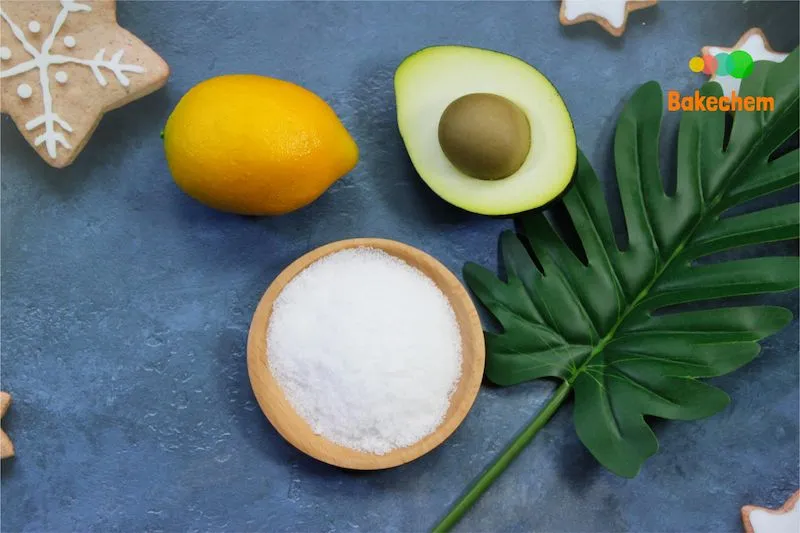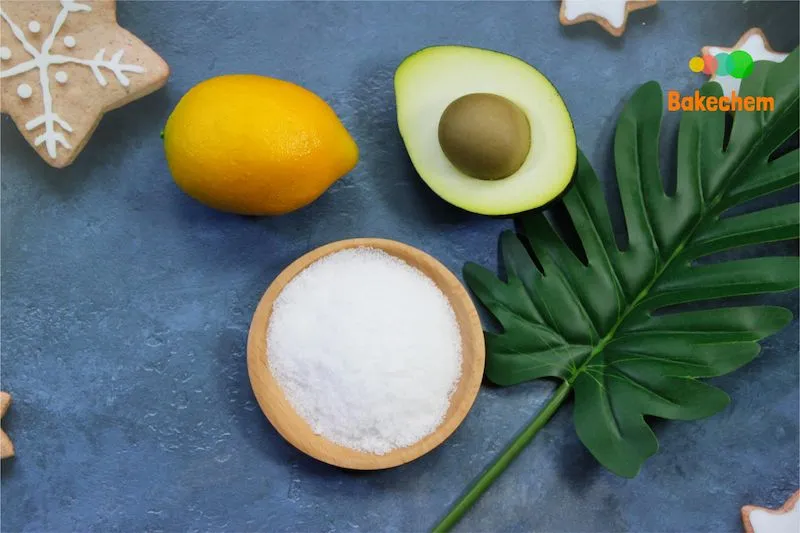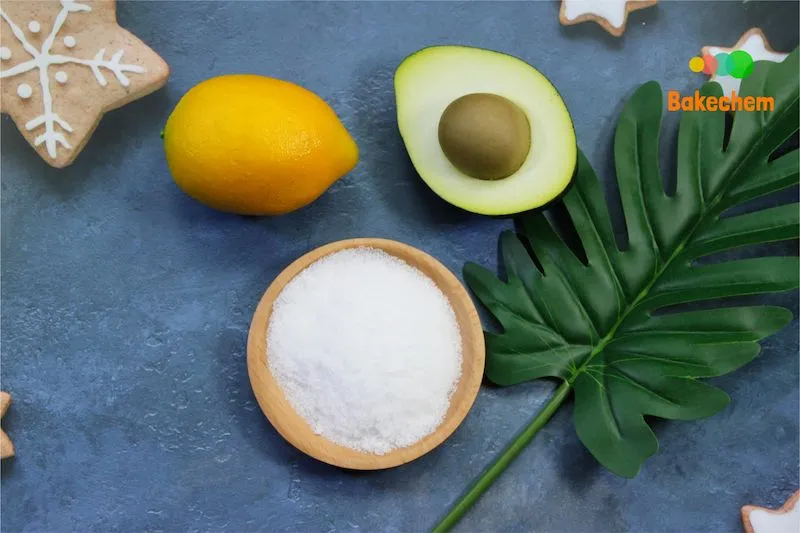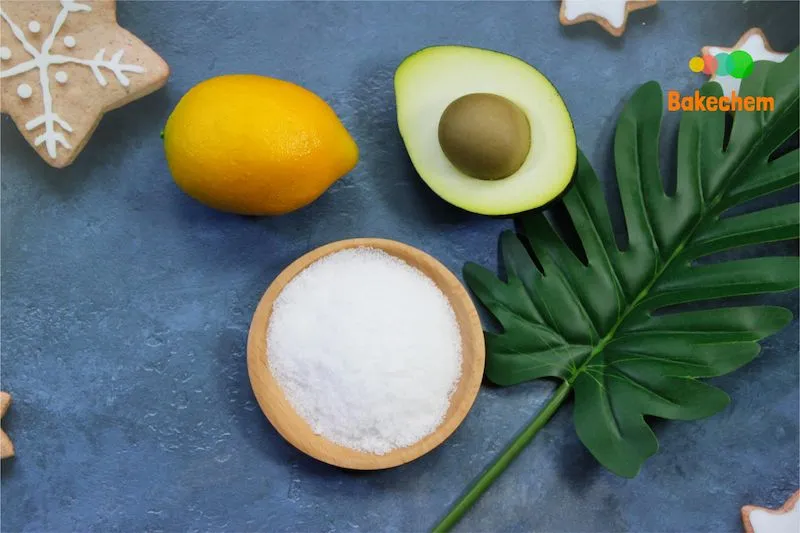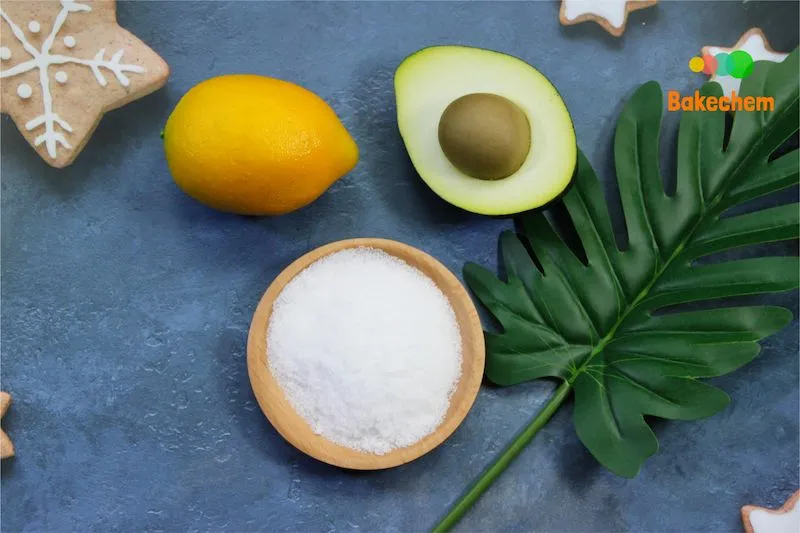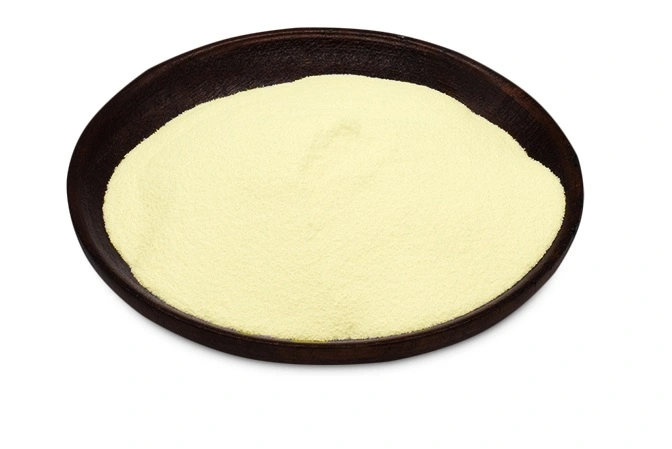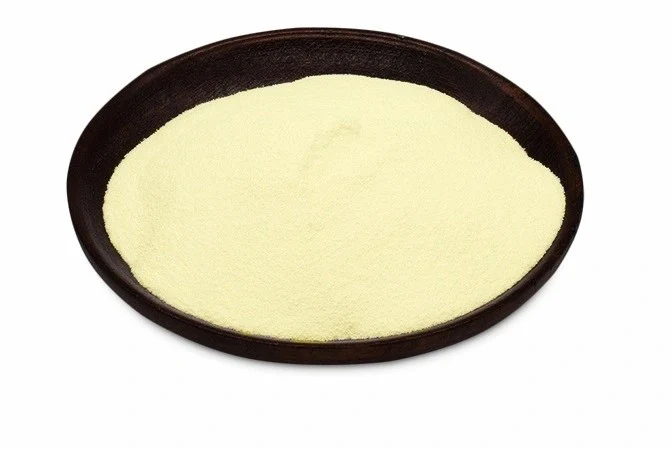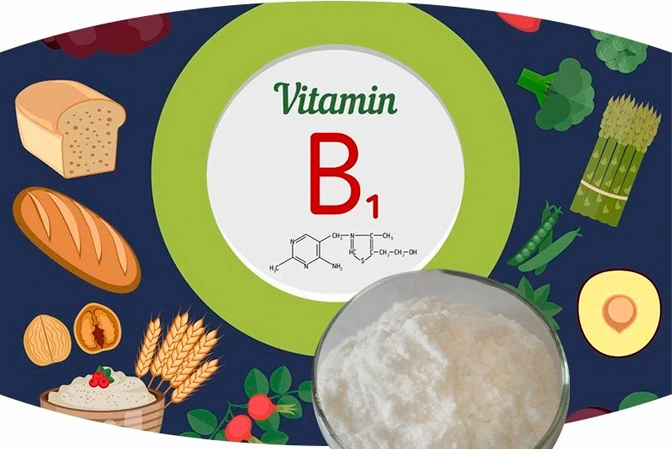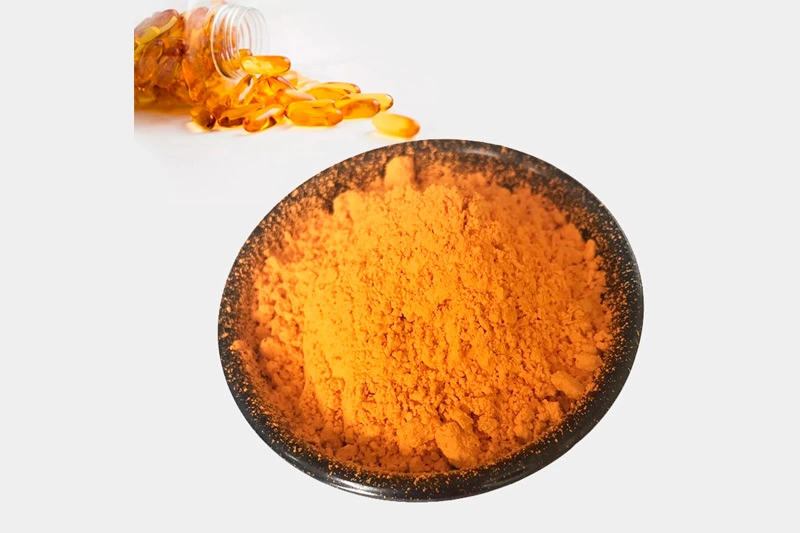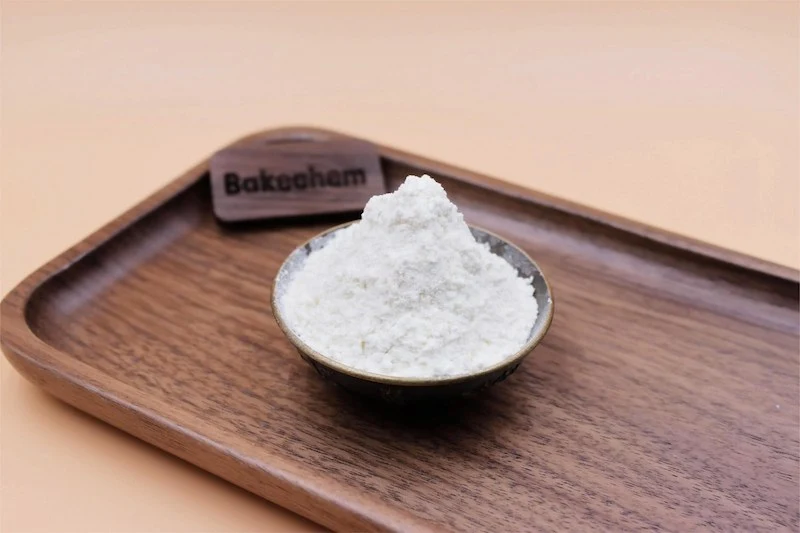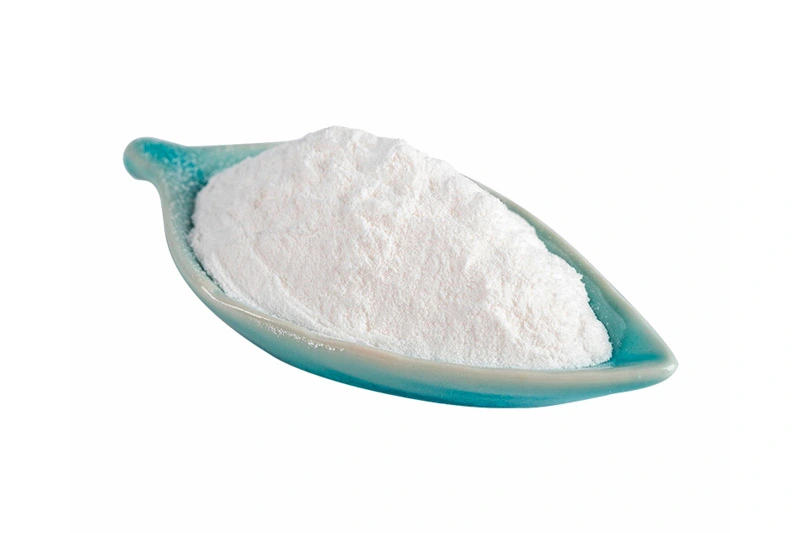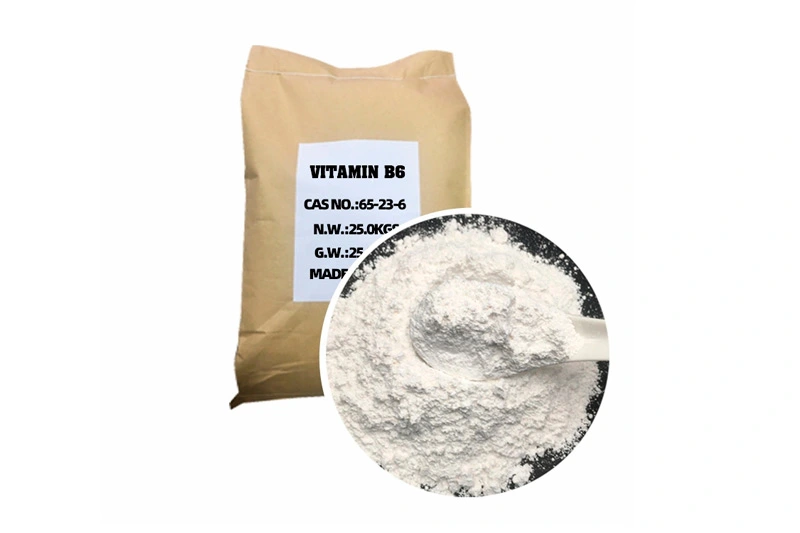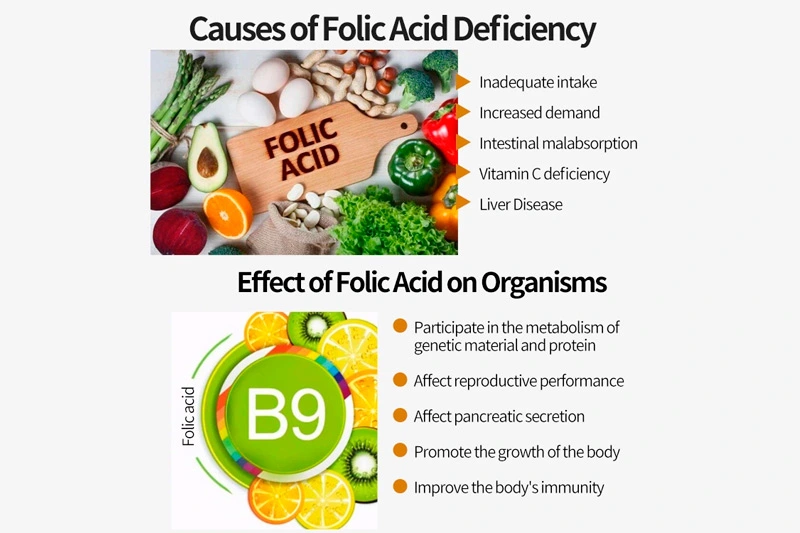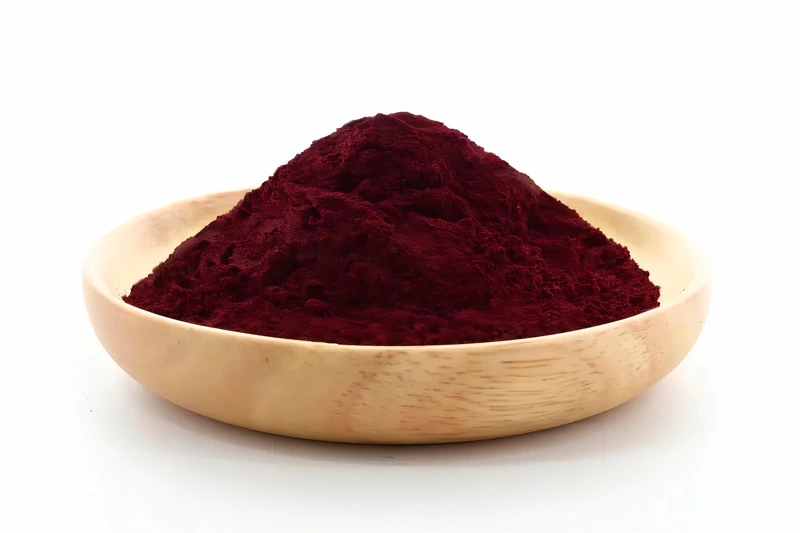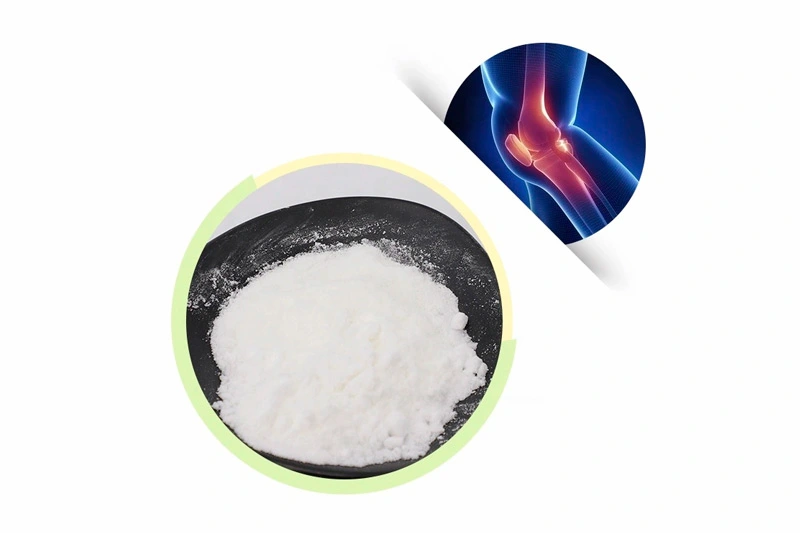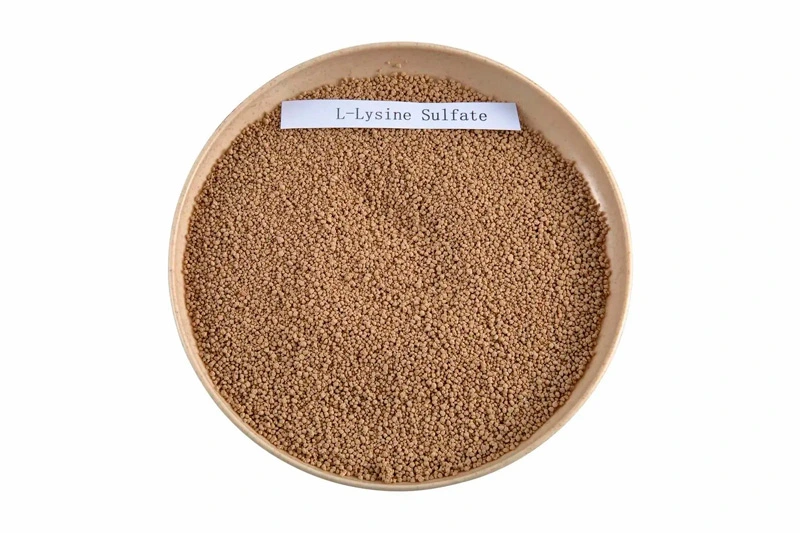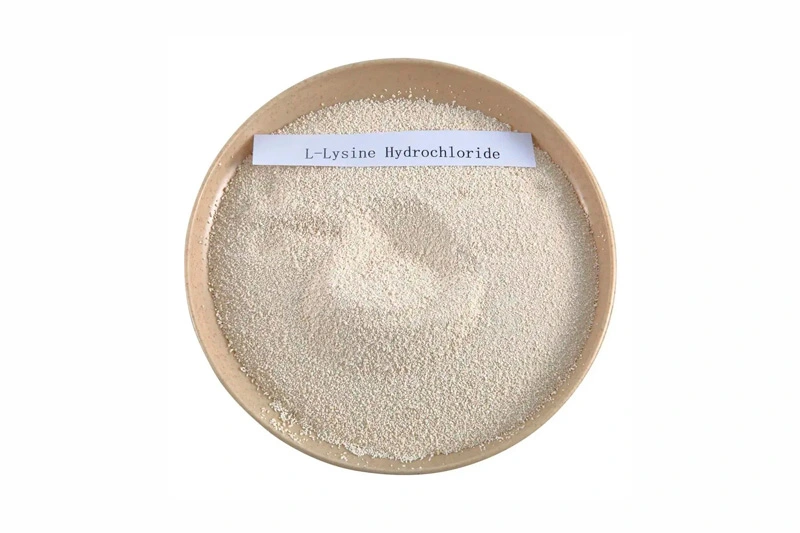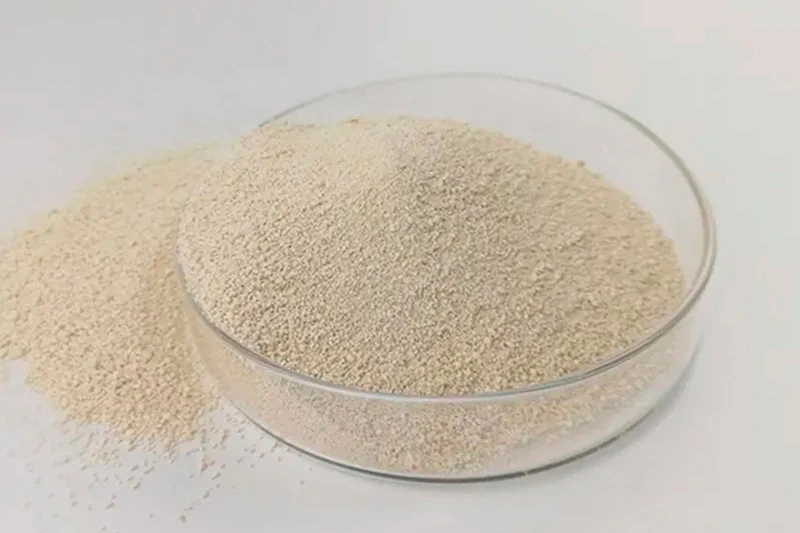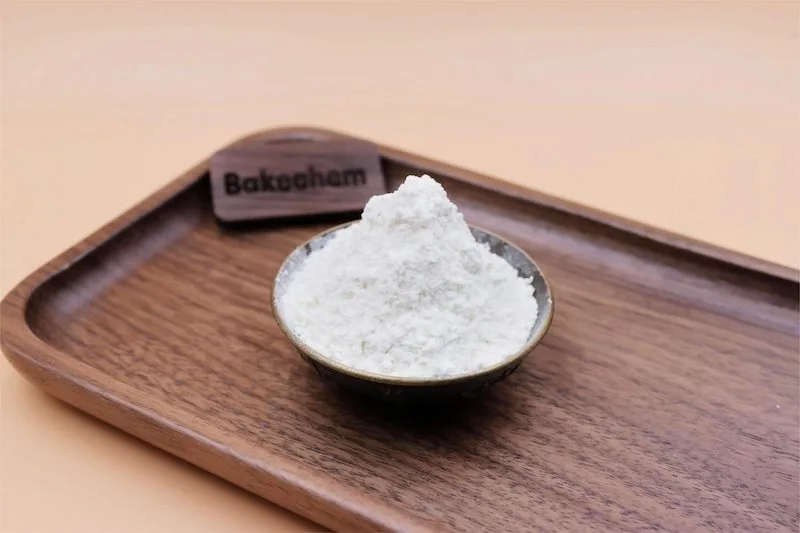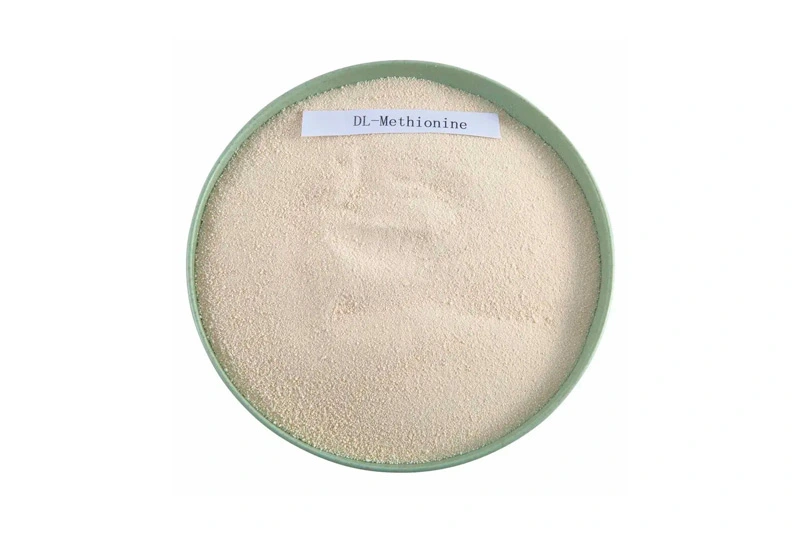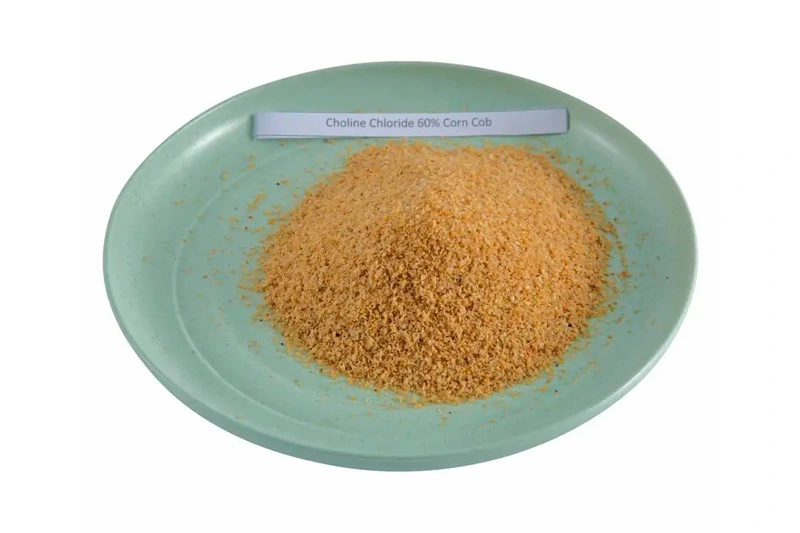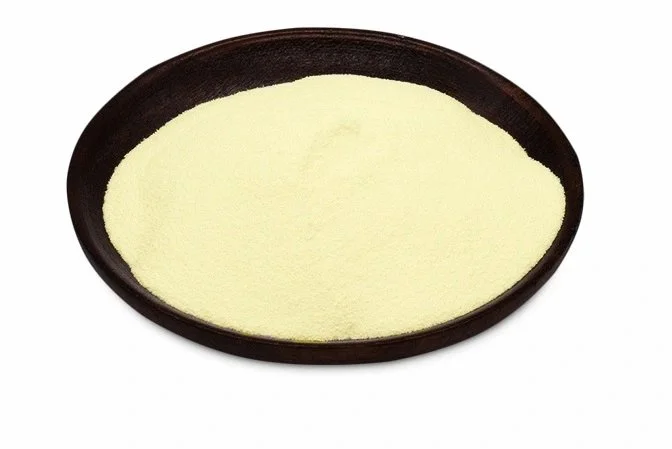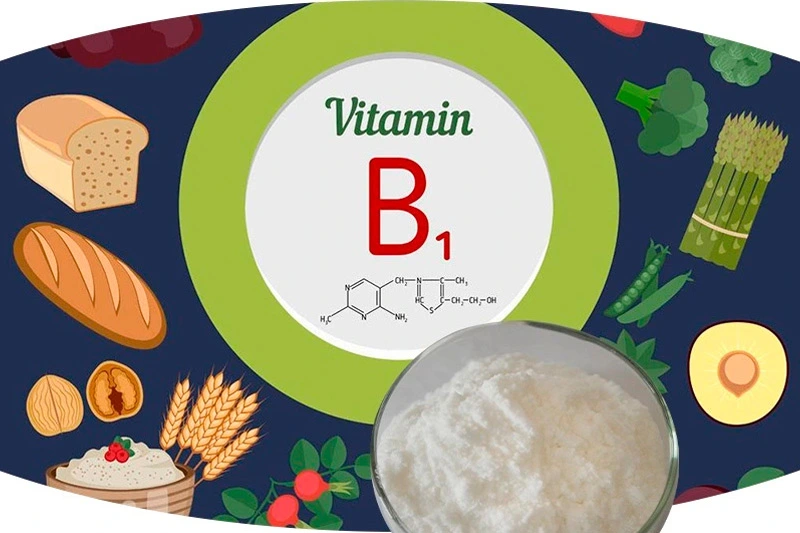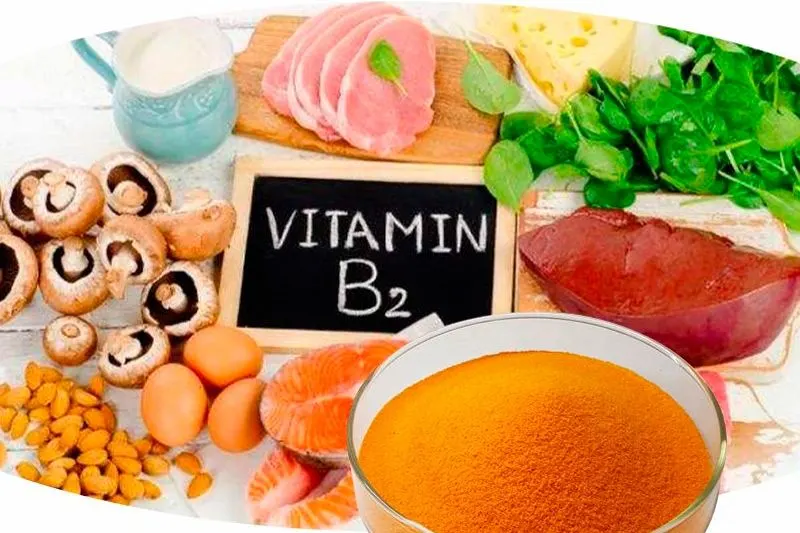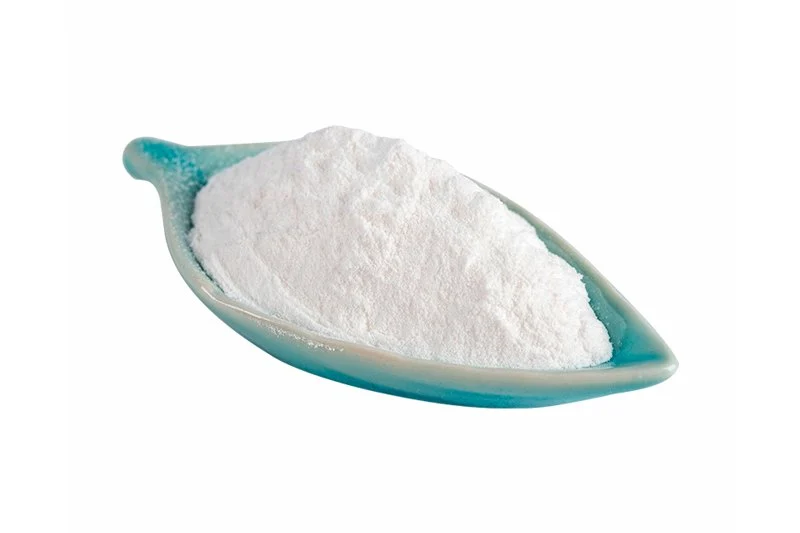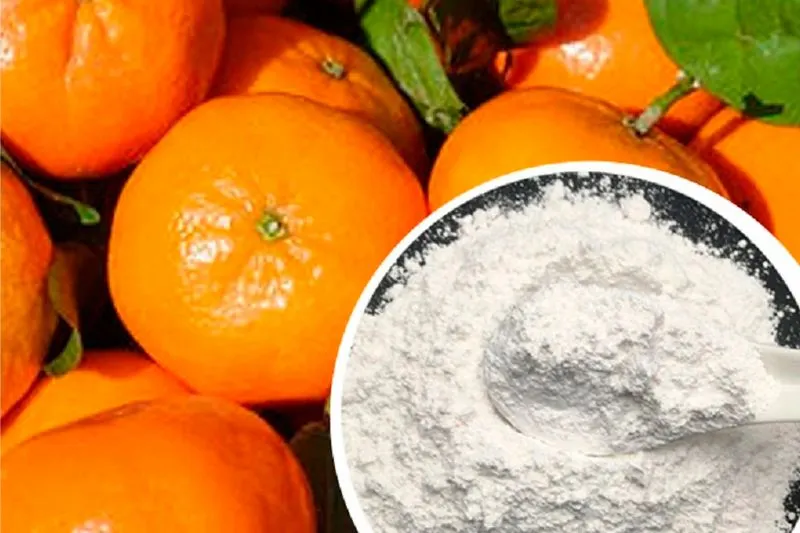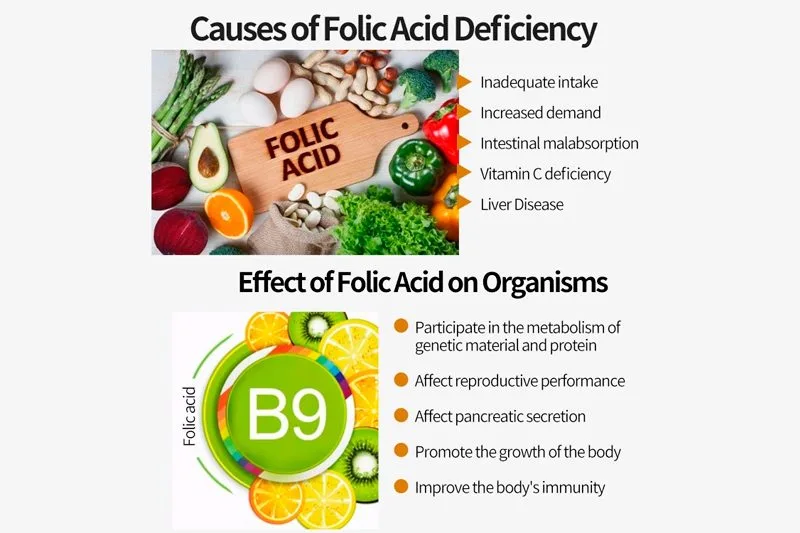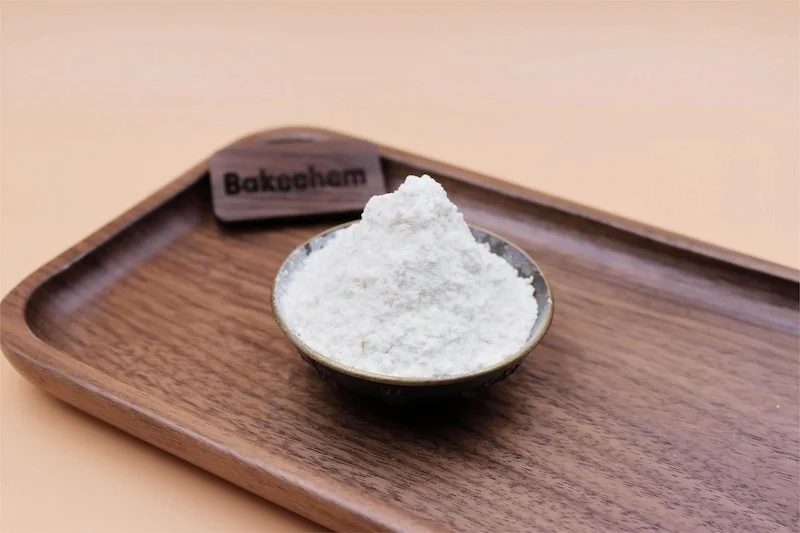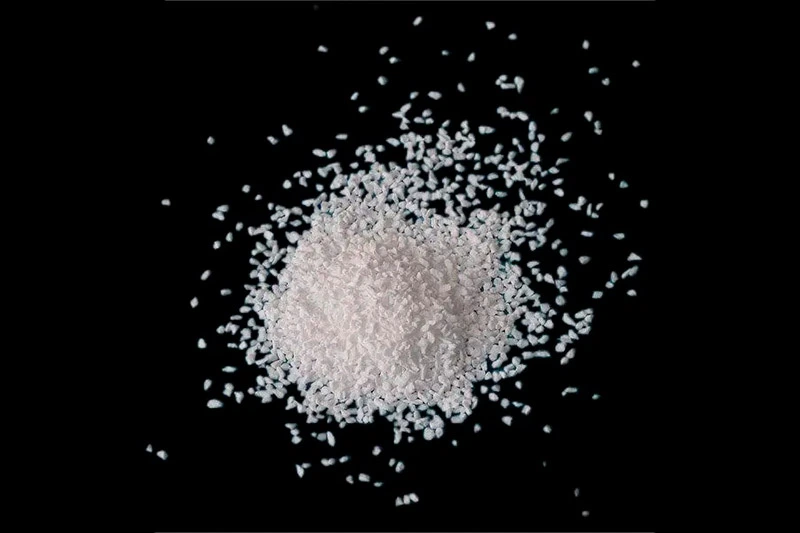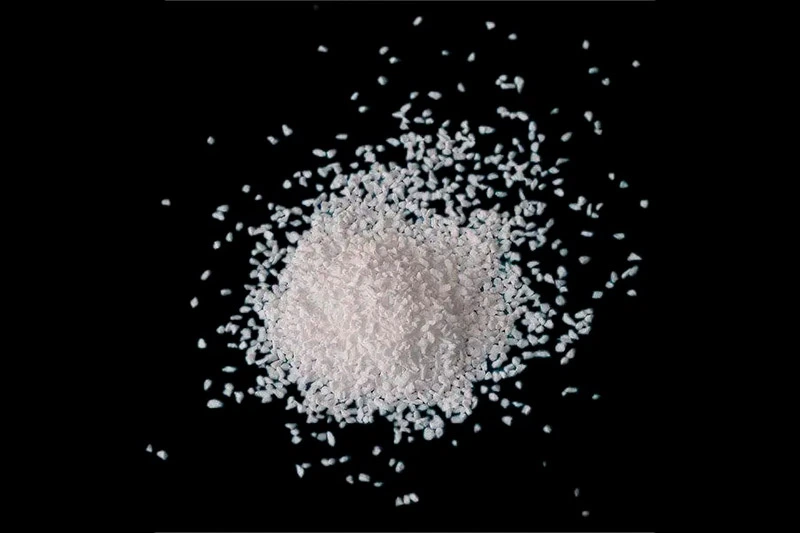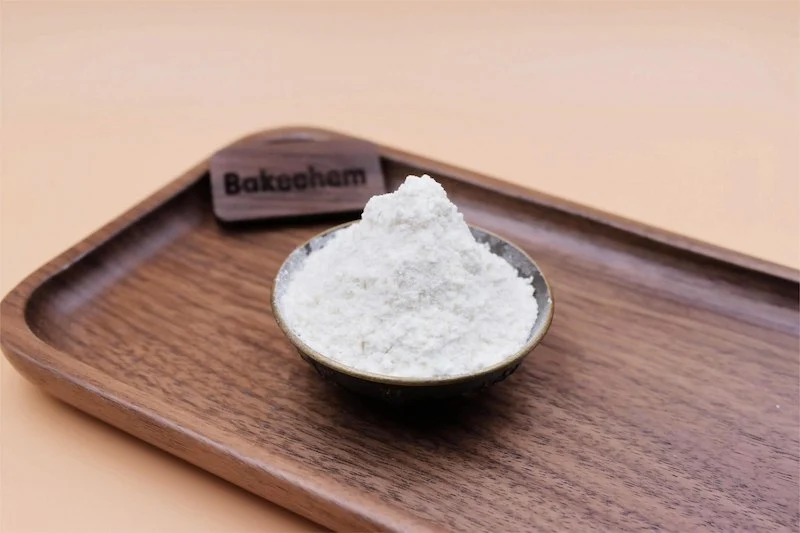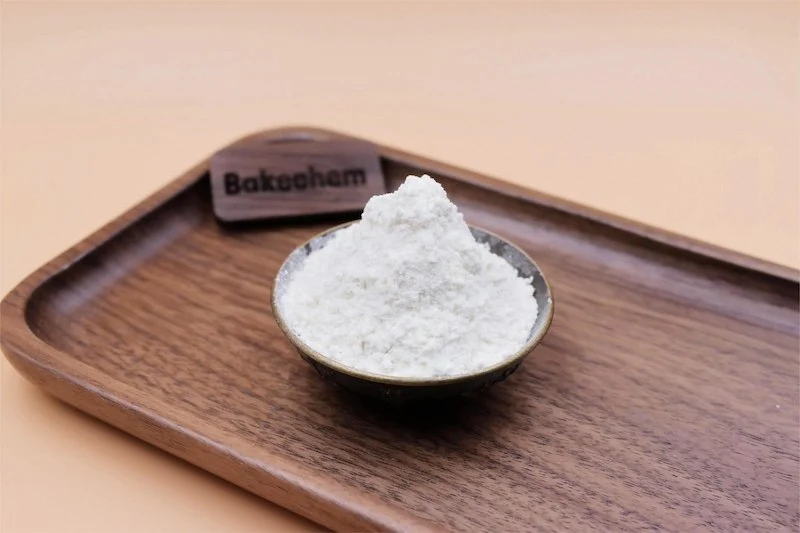In the intricate journey from the farm to the consumer's fork, ensuring food safety stands as a paramount concern. This passage explores the pivotal role of feed additives in livestock management, examining how these additives play a crucial part in safeguarding the integrity of the food chain from farm to fork.
The Interconnected Nature of Food Safety
Understanding the Farm-to-Fork Chain
The farm-to-fork chain represents a complex web of interactions, encompassing the production, processing, distribution, and consumption of food products. At every stage of this intricate chain, the potential for contamination or compromise of food safety exists. Safeguarding this chain involves a comprehensive approach that begins with responsible farming practices and extends to the careful management of livestock, where feed additives play a pivotal role in promoting both animal health and the safety of the food they produce.
The Implications of Livestock Health on Food Safety
Livestock health directly influences the safety of the food derived from these animals. A healthy animal is more resistant to diseases and infections, reducing the likelihood of pathogens entering the food chain. Feed additives, when strategically employed, contribute to bolstering the immune systems of livestock, creating a foundation for robust health and minimizing the risk of contaminants entering the food supply.
Feed Additives: A Cornerstone of Livestock Health
Proactive Disease Prevention
Disease prevention is a cornerstone of livestock management, and feed additives are instrumental in this regard. Probiotics, prebiotics, and immune-boosting supplements incorporated into animal diets contribute to a proactive defense against pathogens. By maintaining a healthy microbial balance in the digestive system and fortifying the animal's natural defenses, feed additives serve as a frontline strategy for preventing the spread of diseases within the livestock population.
Antibiotic Alternatives for Responsible Agriculture
The overuse of antibiotics in agriculture has raised concerns about antibiotic resistance and its potential impact on human health. Feed additives offer viable alternatives to traditional antibiotic use. Natural compounds with antimicrobial properties, such as essential oils and botanical extracts, can be included in animal diets to support health without contributing to antibiotic resistance. This shift towards responsible antibiotic alternatives aligns with a broader commitment to sustainable and safe food production.
Regulatory Oversight and Feed Additive Safety
Stringent Guidelines for Consumer Protection
Ensuring food safety requires robust regulatory oversight. Regulatory bodies establish and enforce stringent guidelines governing the use of feed additives in livestock farming. These guidelines aim to protect consumer interests by setting standards for permissible additives, their concentrations, and withdrawal periods to ensure that no harmful residues are present in animal products destined for human consumption.
Transparency in Labeling for Informed Choices
Transparency in labeling is a crucial aspect of empowering consumers to make informed choices about the food they consume. Feed additive information on labels provides consumers with insights into the practices employed in livestock farming. Clear and accurate labeling fosters trust in the food supply chain, allowing consumers to make choices aligned with their preferences for safe and responsibly produced food.
Collaborative Efforts for Food Safety Assurance
Industry Collaboration and Knowledge Sharing
Ensuring food safety is a collaborative effort that extends across the agricultural industry. Farmers, feed manufacturers, veterinarians, and regulatory bodies collaborate to share knowledge, best practices, and advancements in feed additive technology. This collaborative approach fosters a culture of continuous improvement, ensuring that the most effective and safe feed additives are employed to safeguard the food chain.
Research and Innovation for Ongoing Improvement
Ongoing research and innovation play a pivotal role in the quest for enhanced food safety. Scientists and researchers explore new feed additive formulations, assess their efficacy, and develop strategies to address emerging challenges. This commitment to continuous improvement reflects the dedication of the agricultural community to staying at the forefront of food safety practices.
In conclusion, the journey from farm to fork underscores the interconnected nature of food safety. Feed additives emerge as a critical component in this intricate web, contributing to the health of livestock, disease prevention, and the overall safety of the food supply. By adhering to stringent regulations, embracing responsible farming practices, and fostering collaboration and innovation, the agricultural industry reaffirms its commitment to safe and sustainable food production. From farm to fork, the role of feed additives in ensuring the integrity of the food chain remains indispensable, creating a pathway to a future where food safety is a shared priority for farmers, regulators, and consumers alike.


